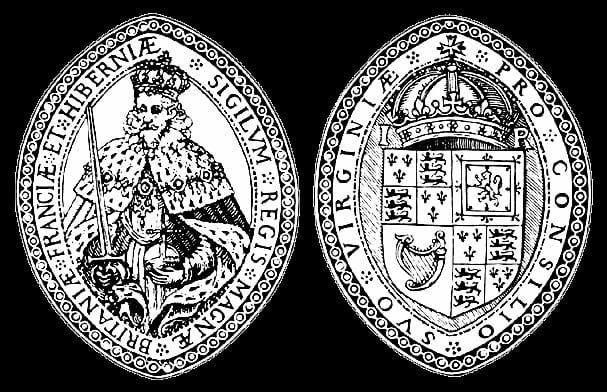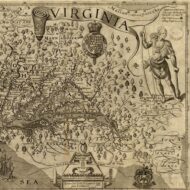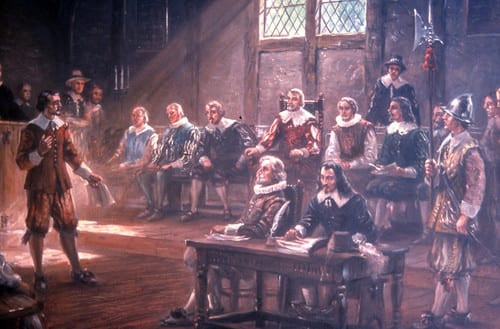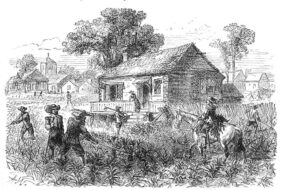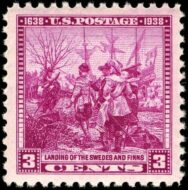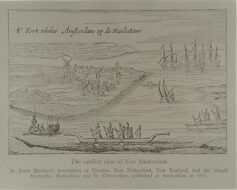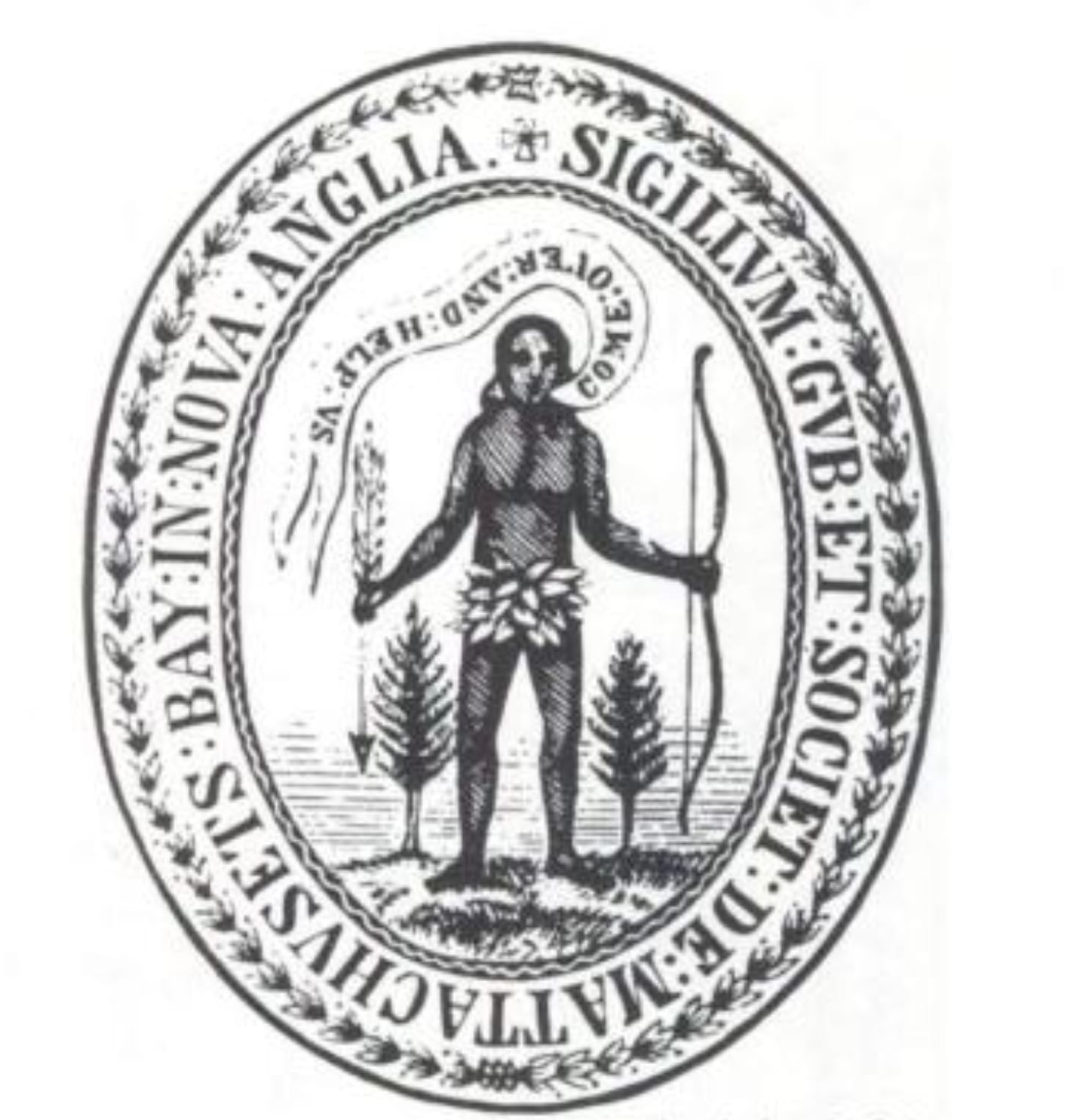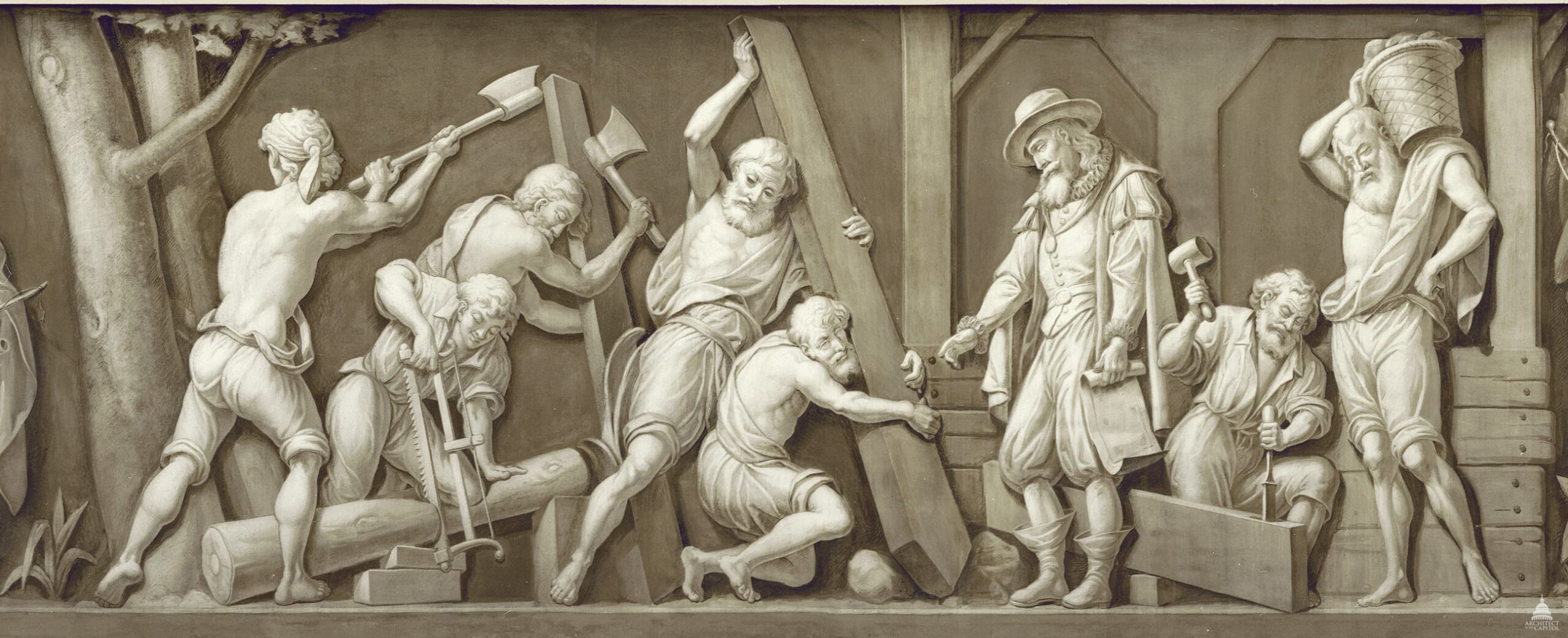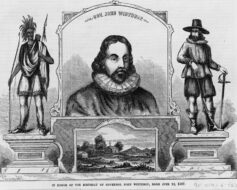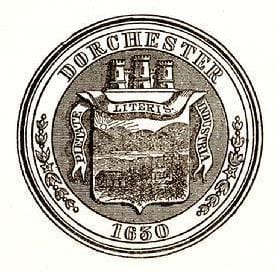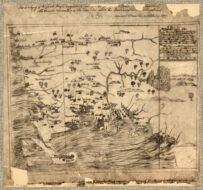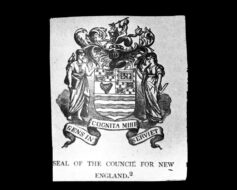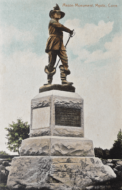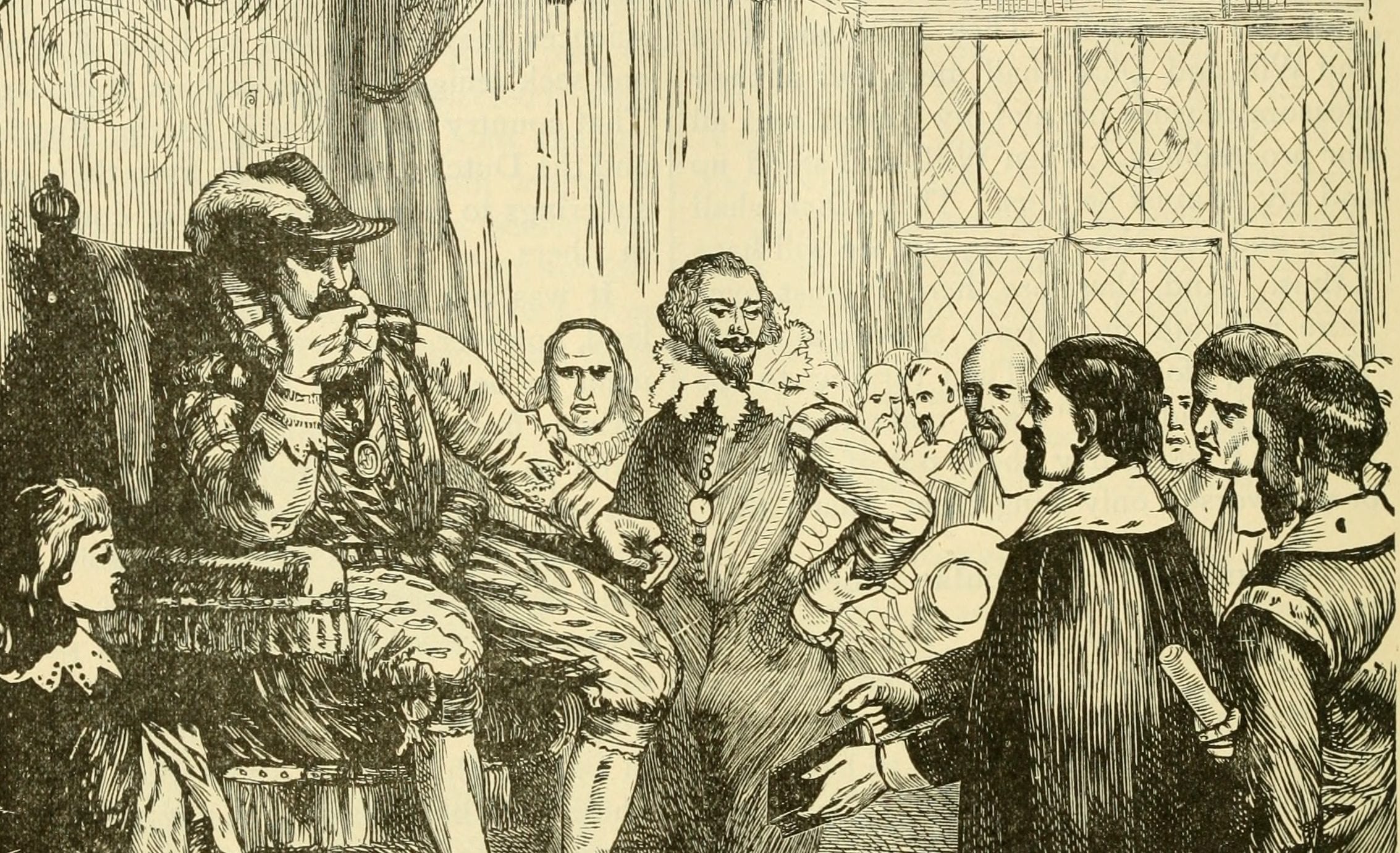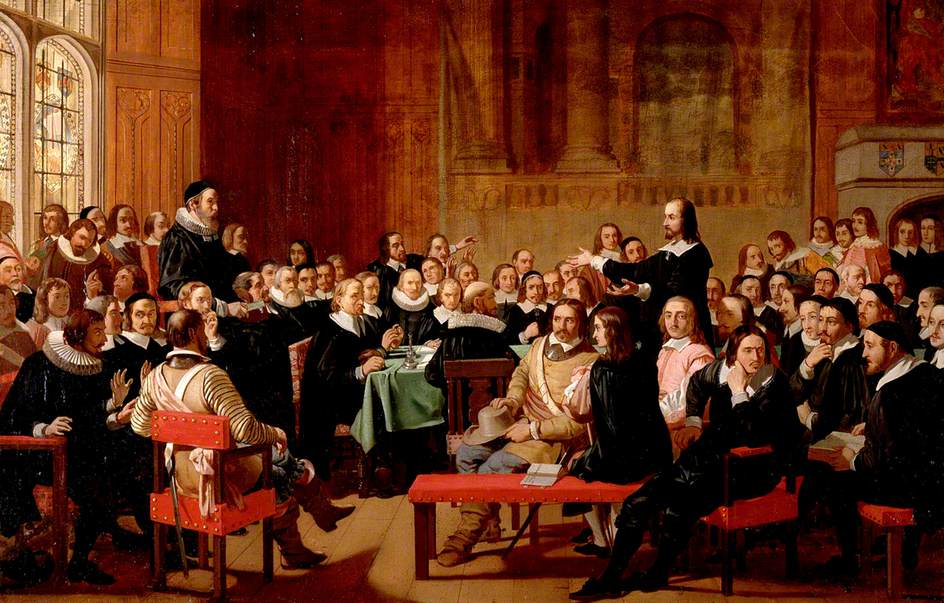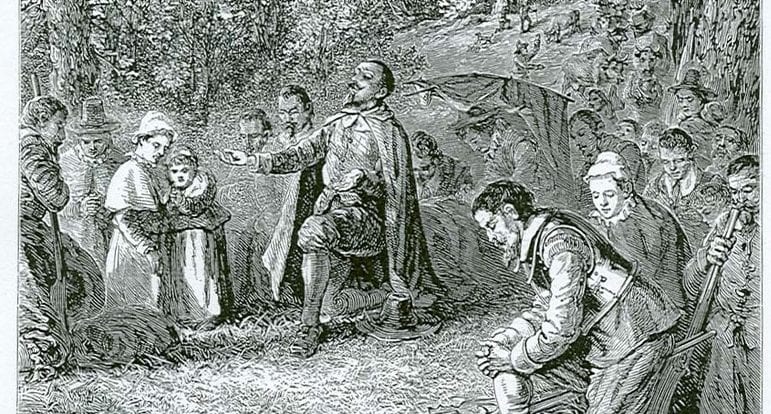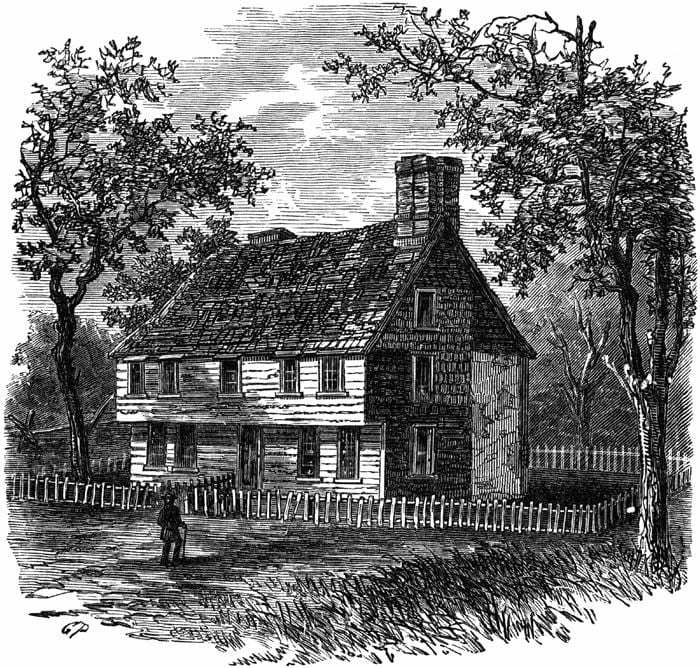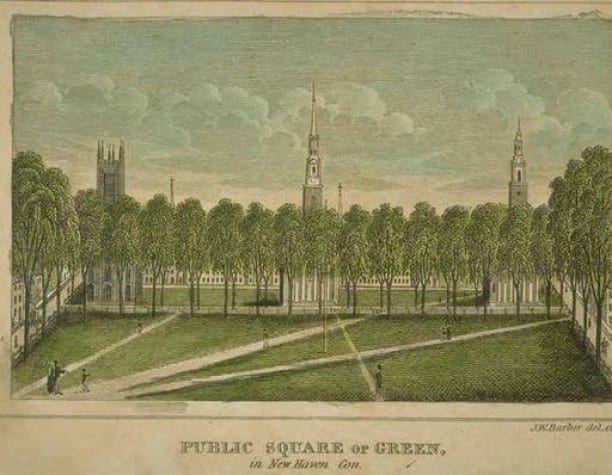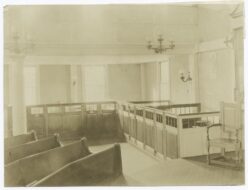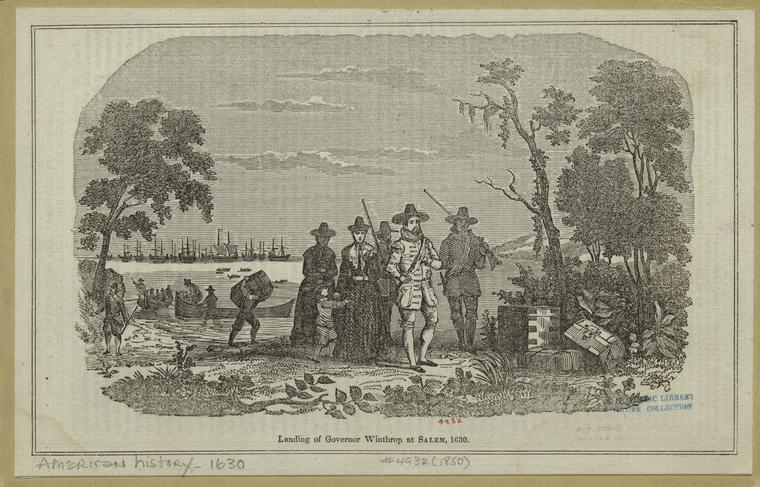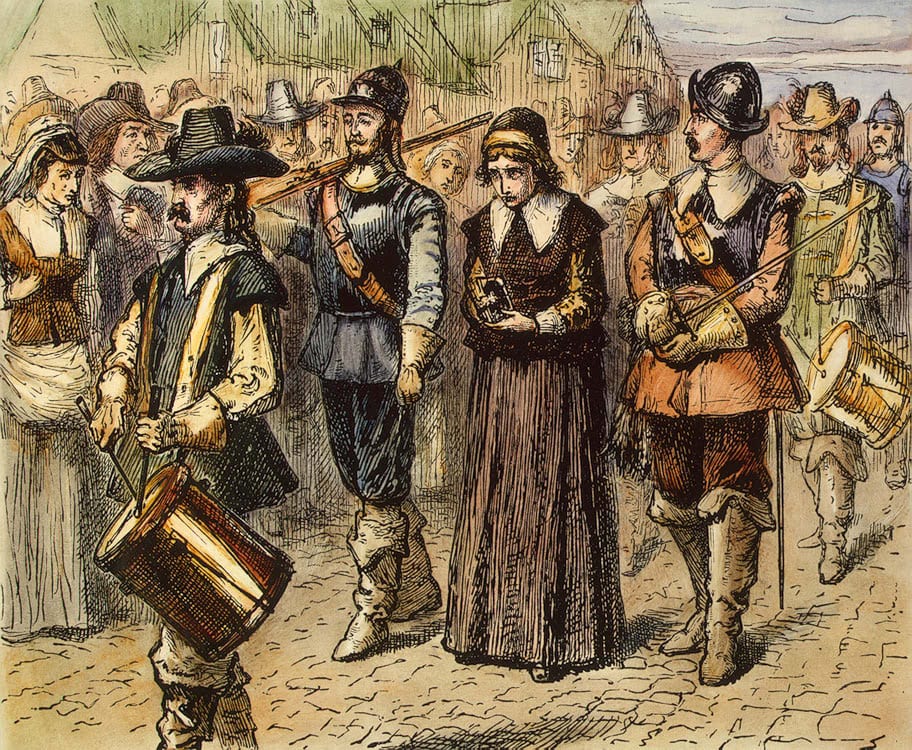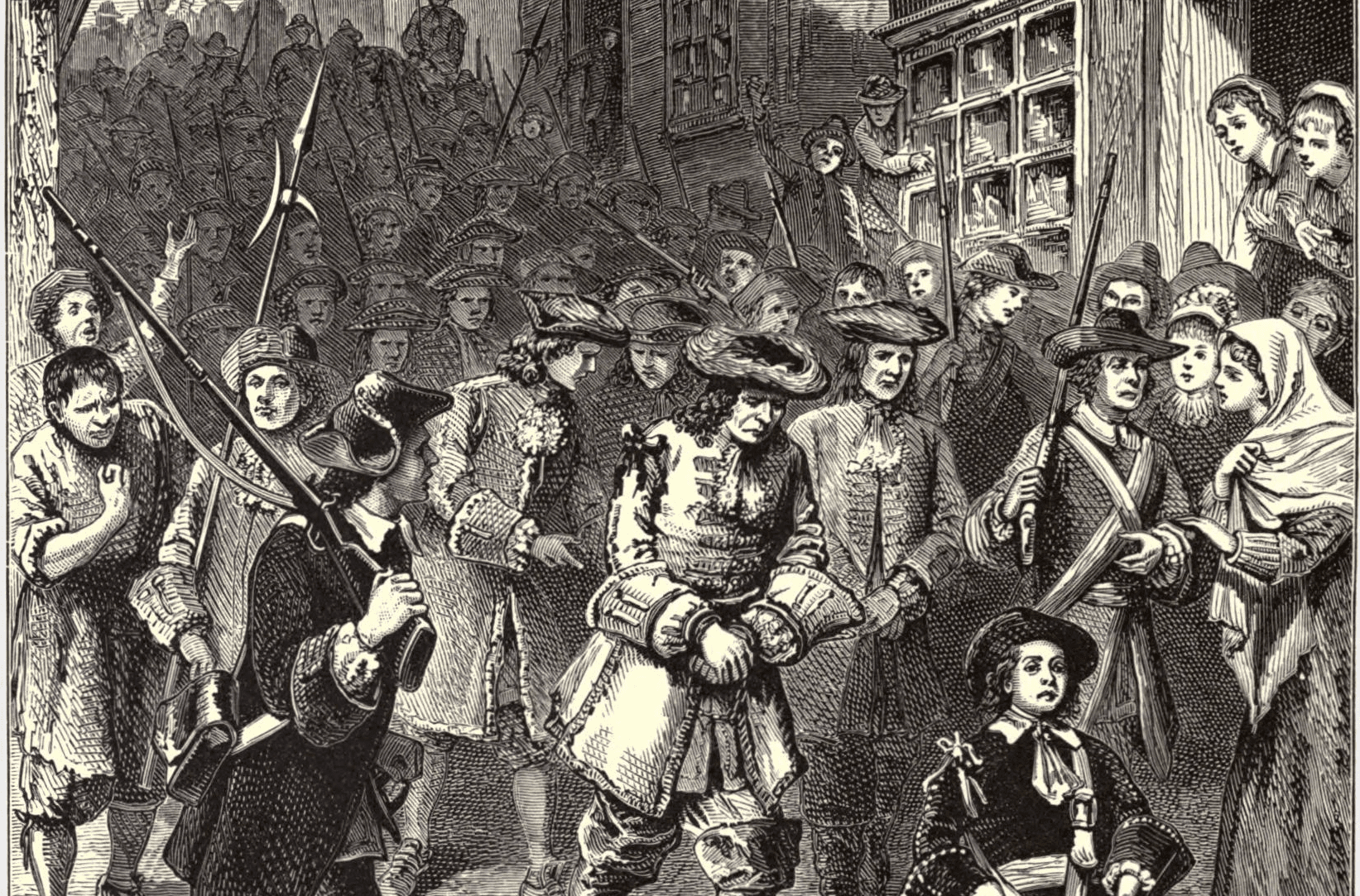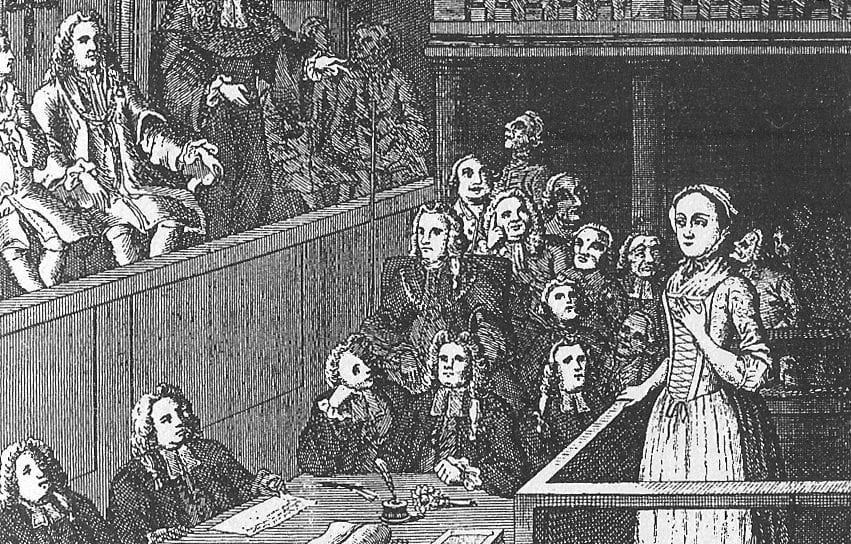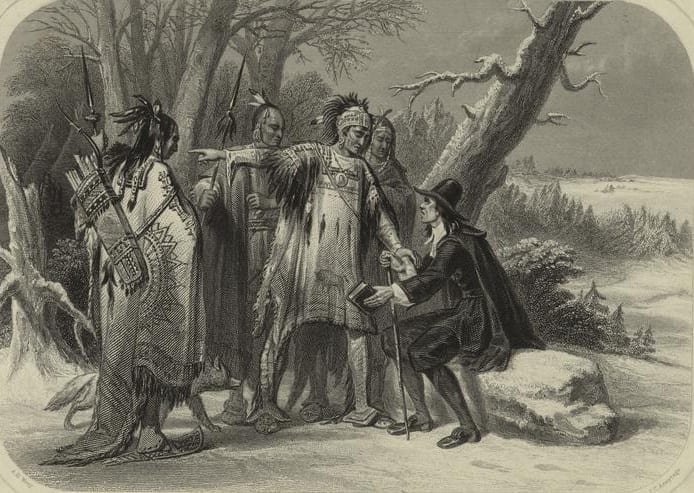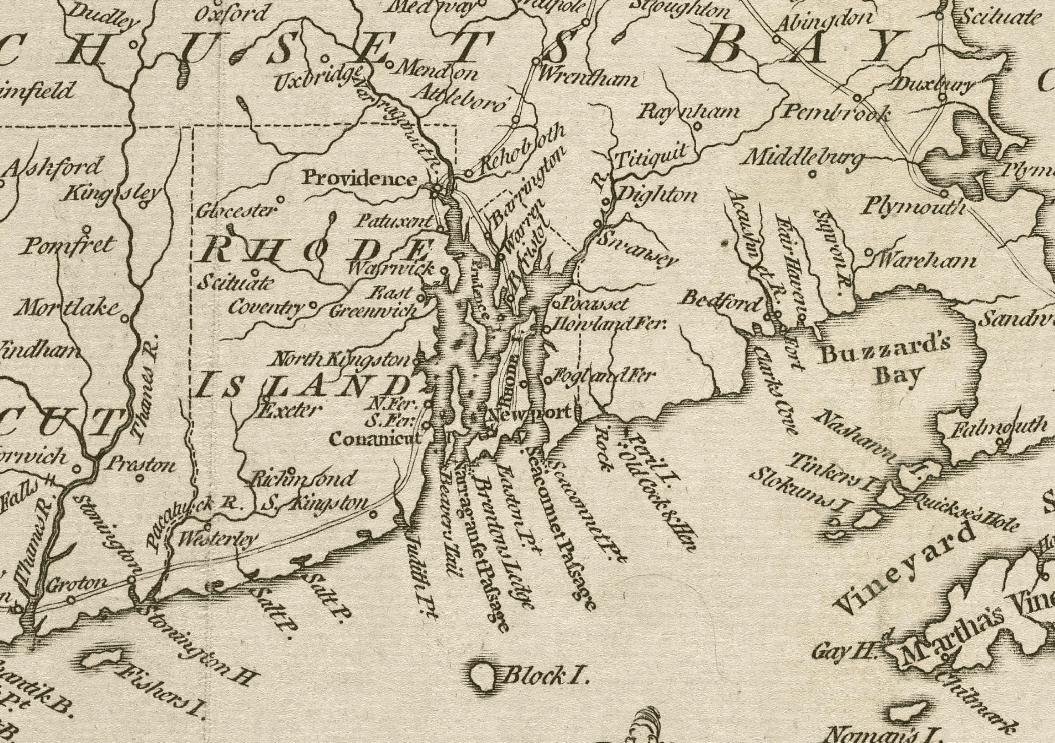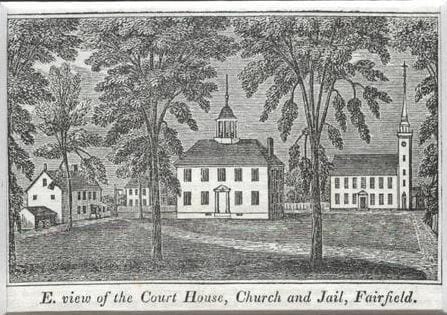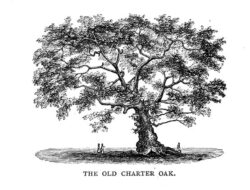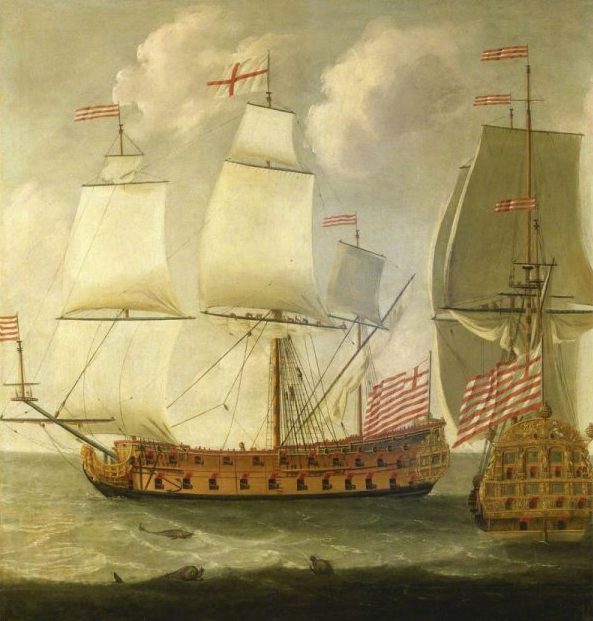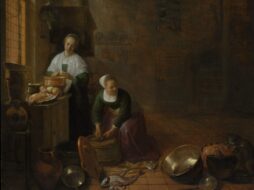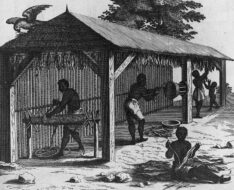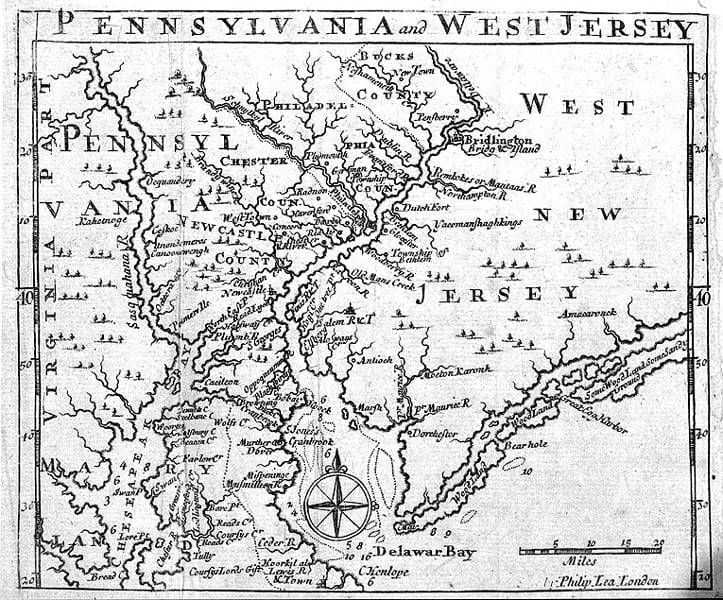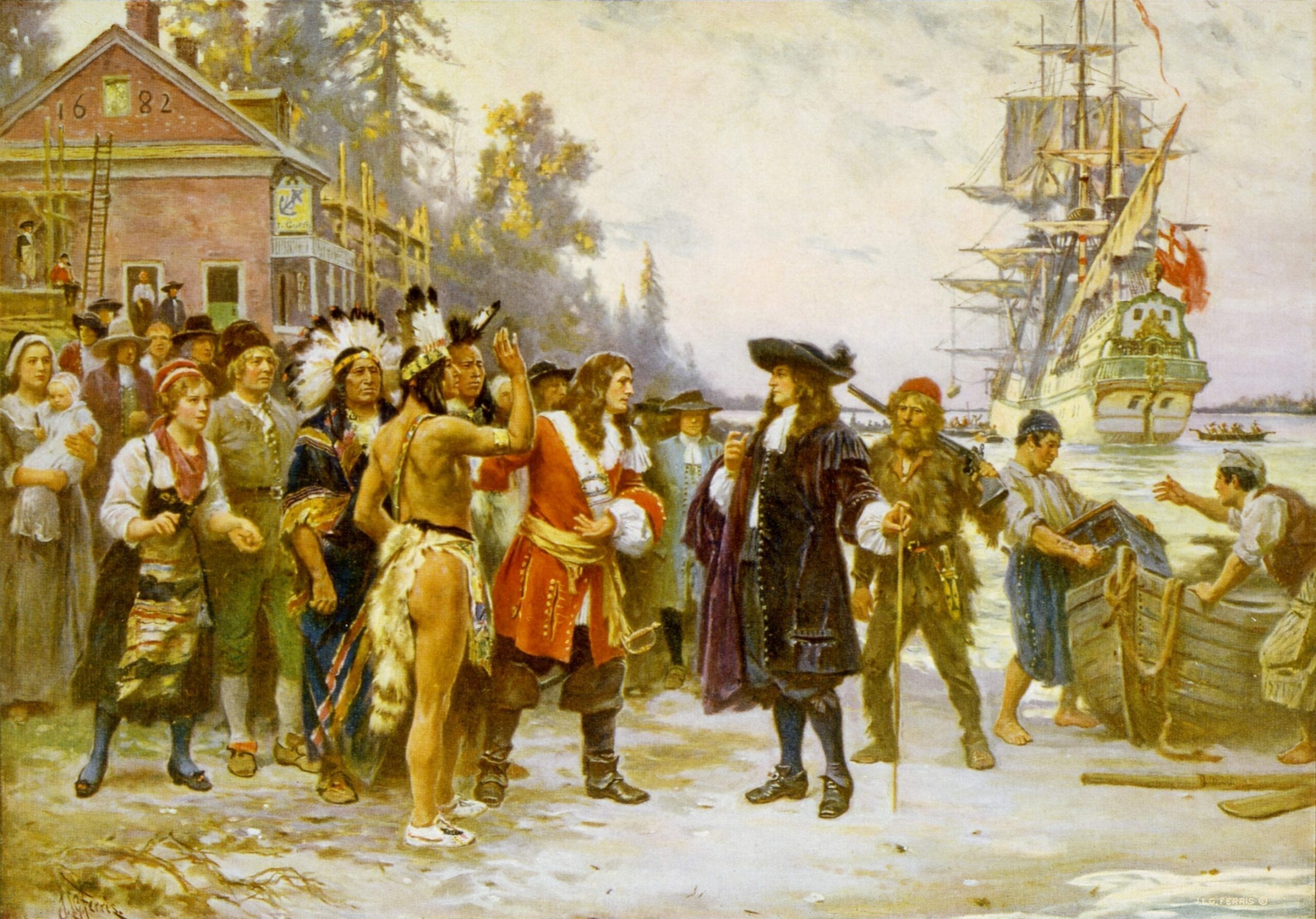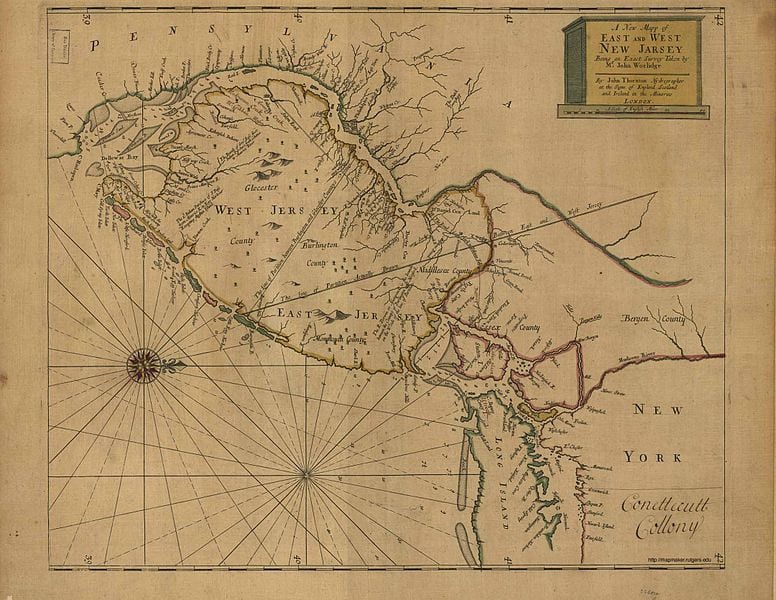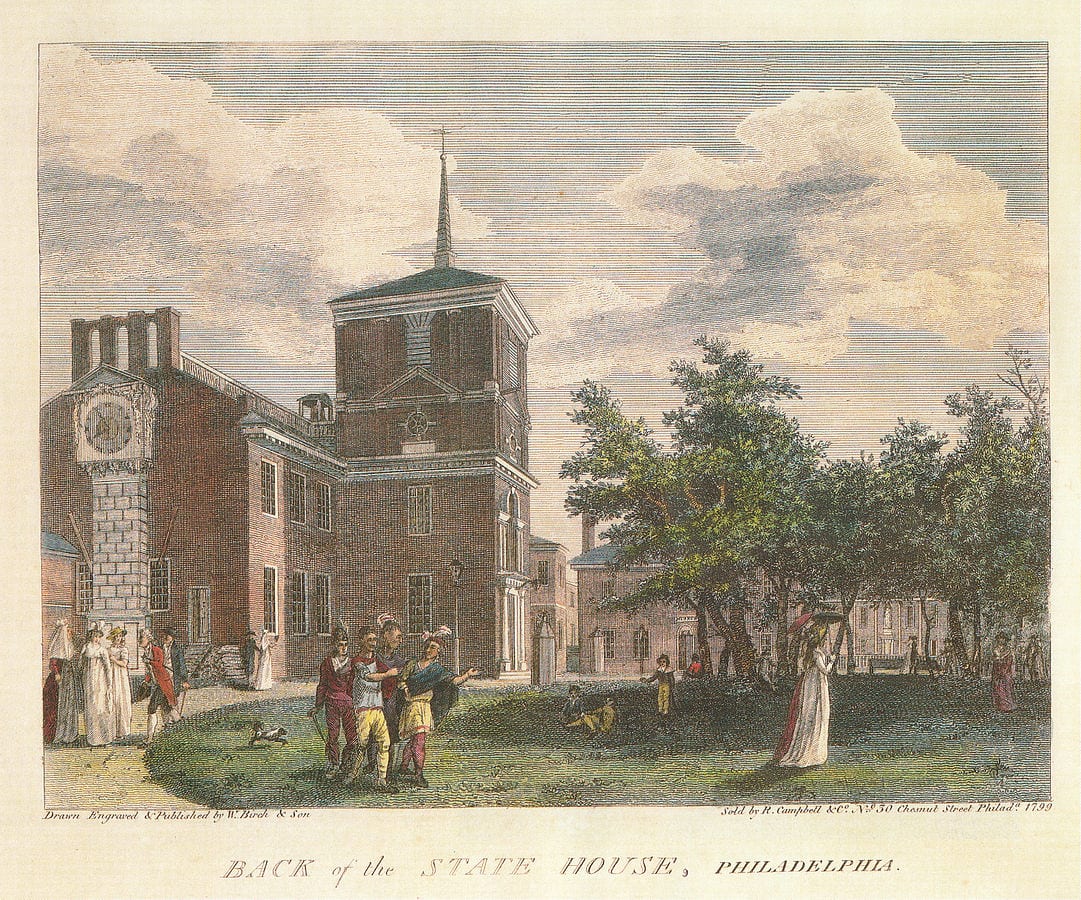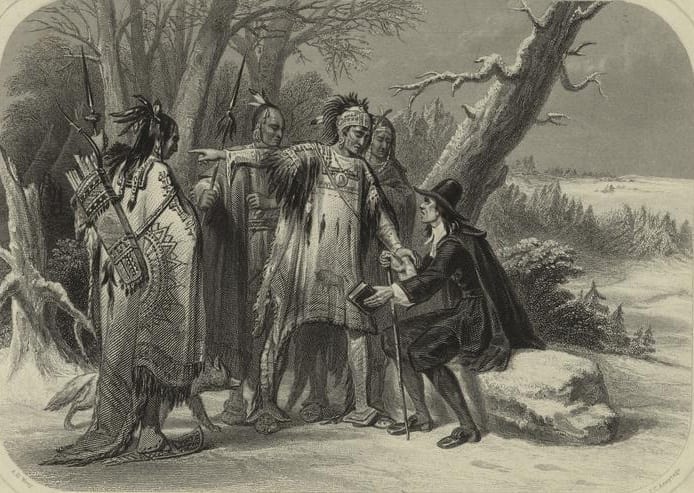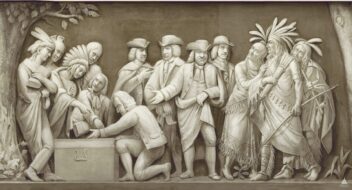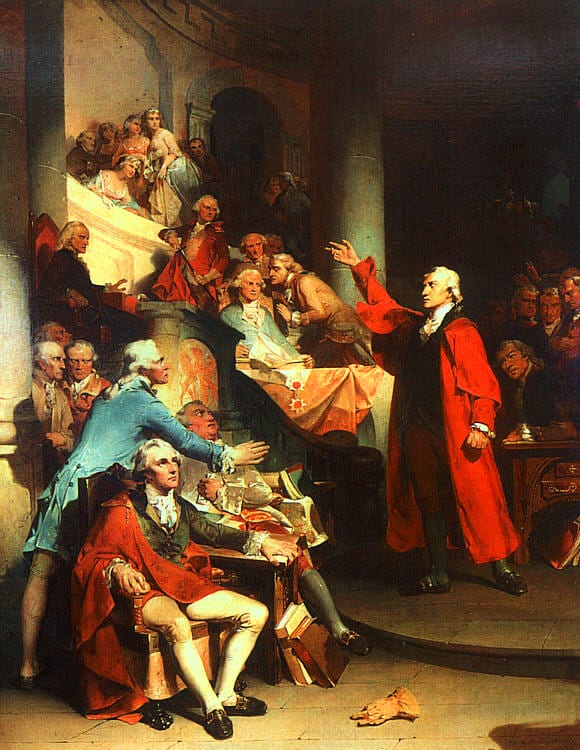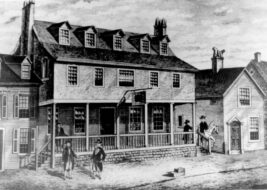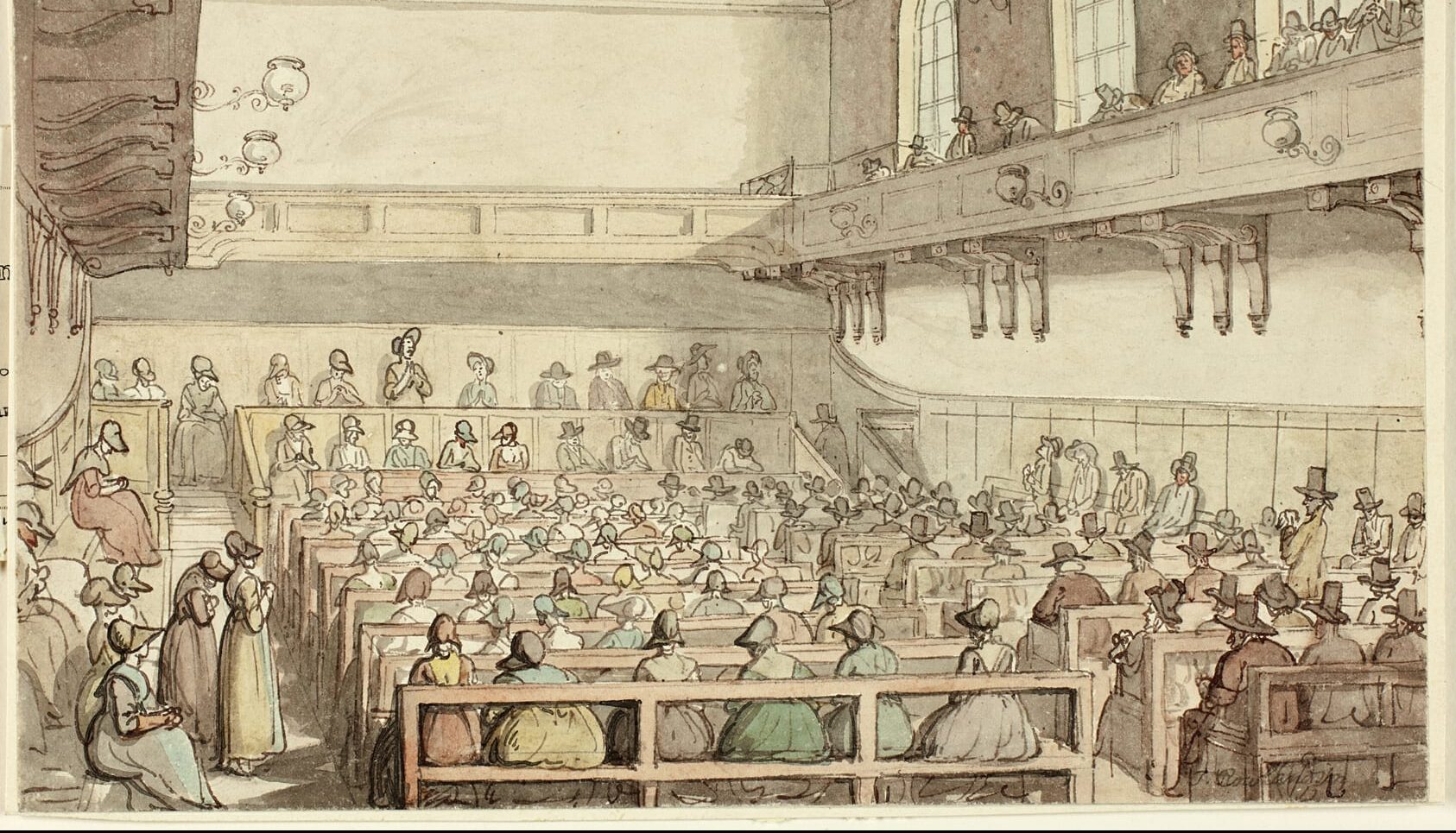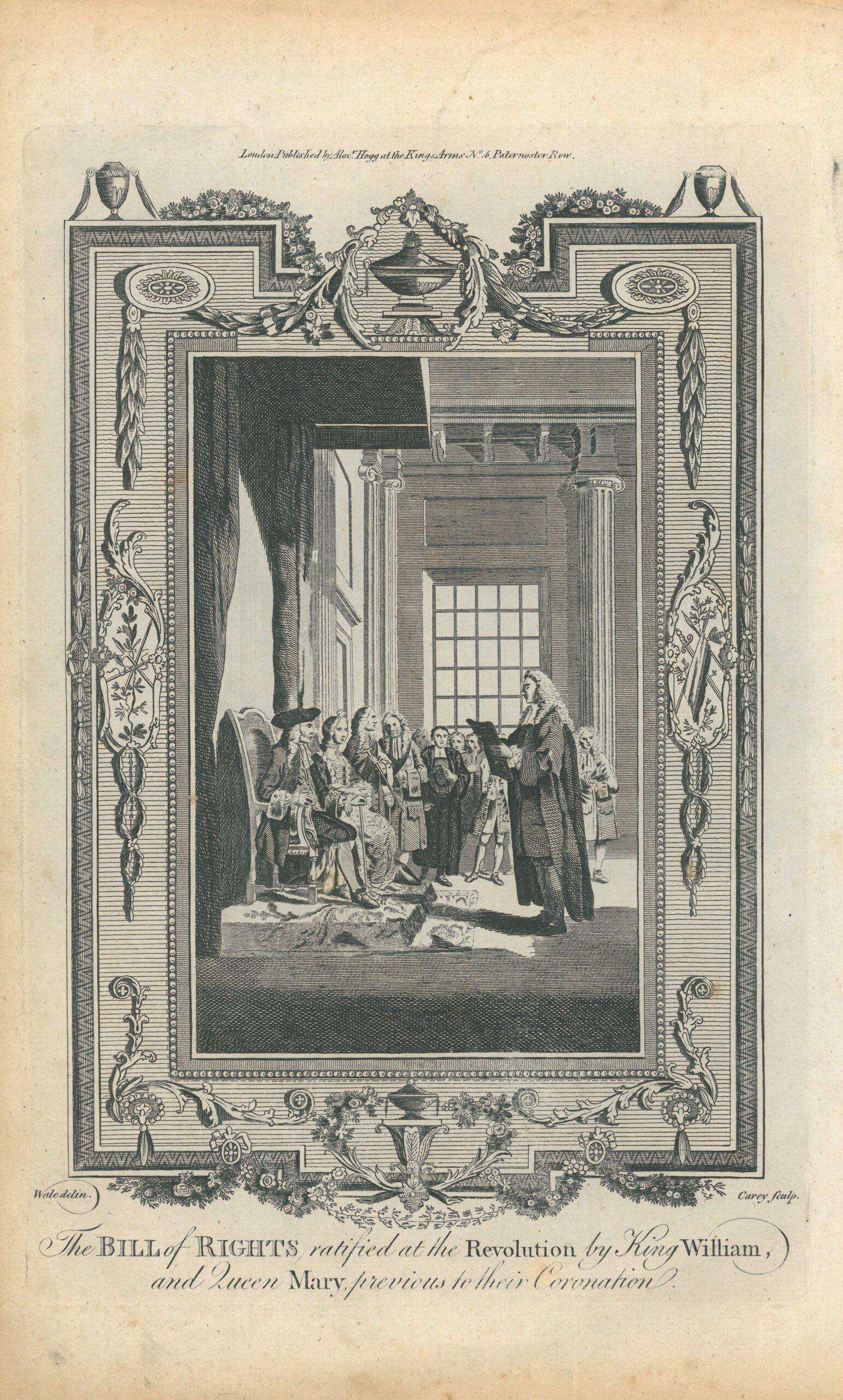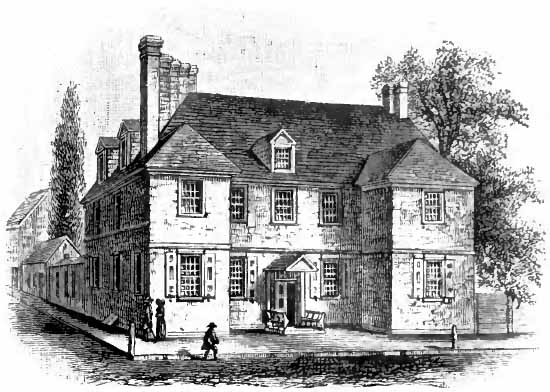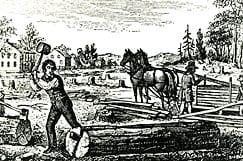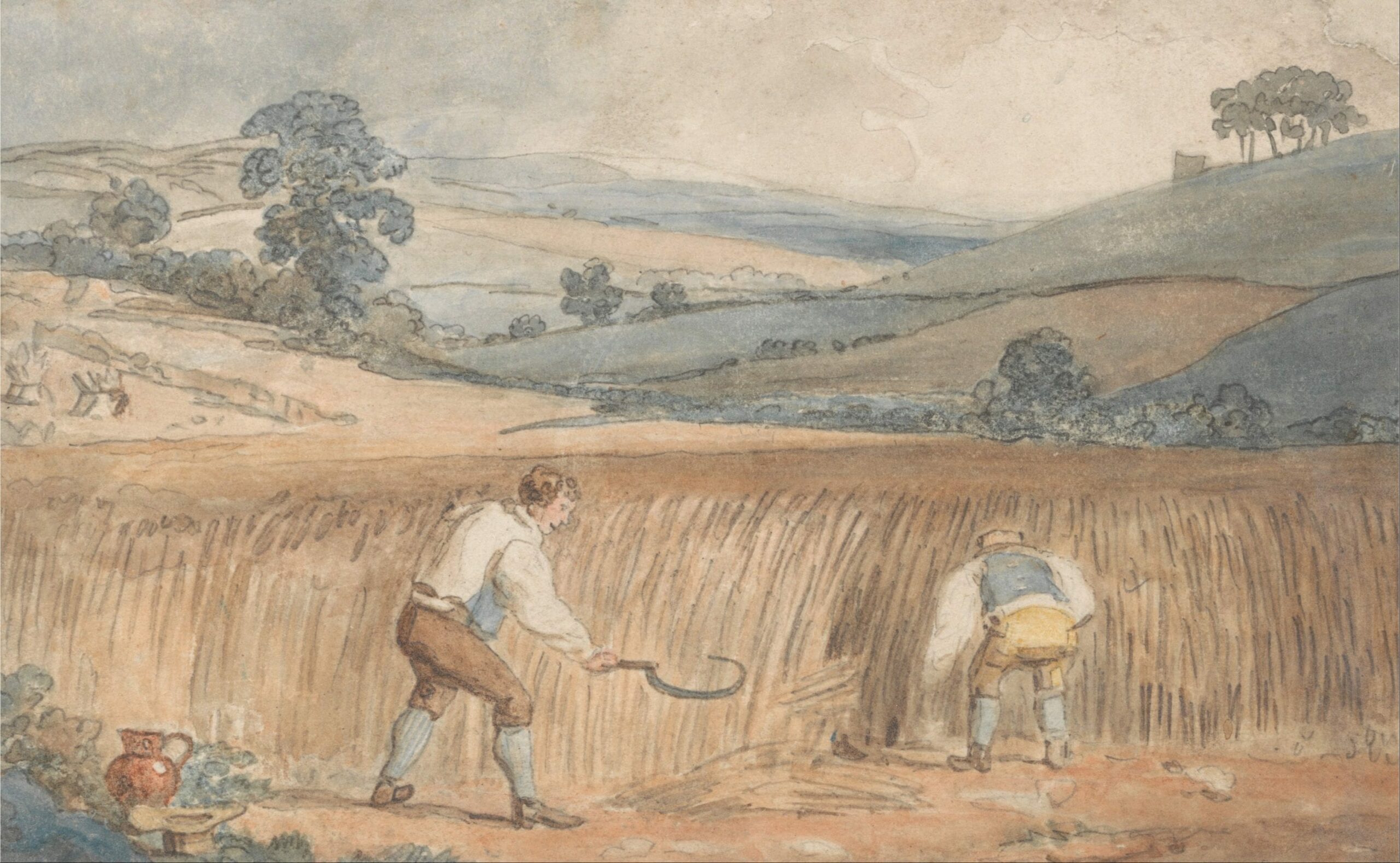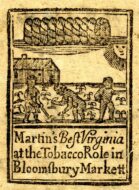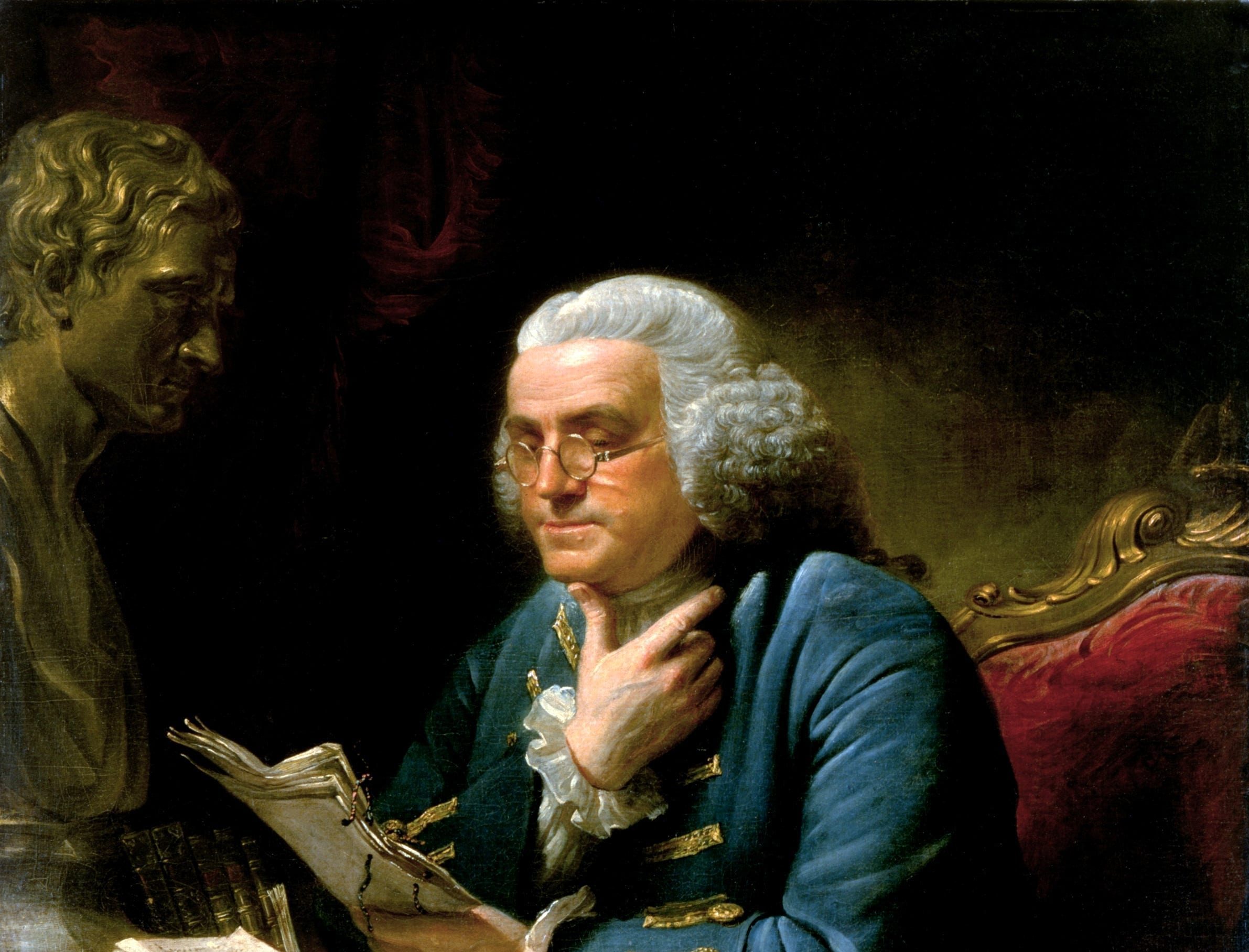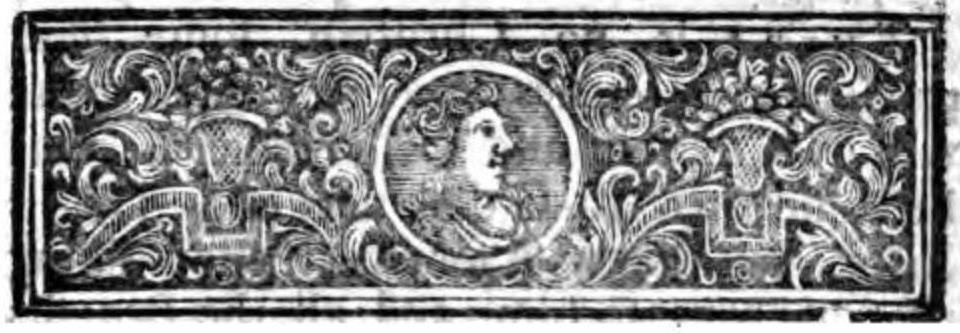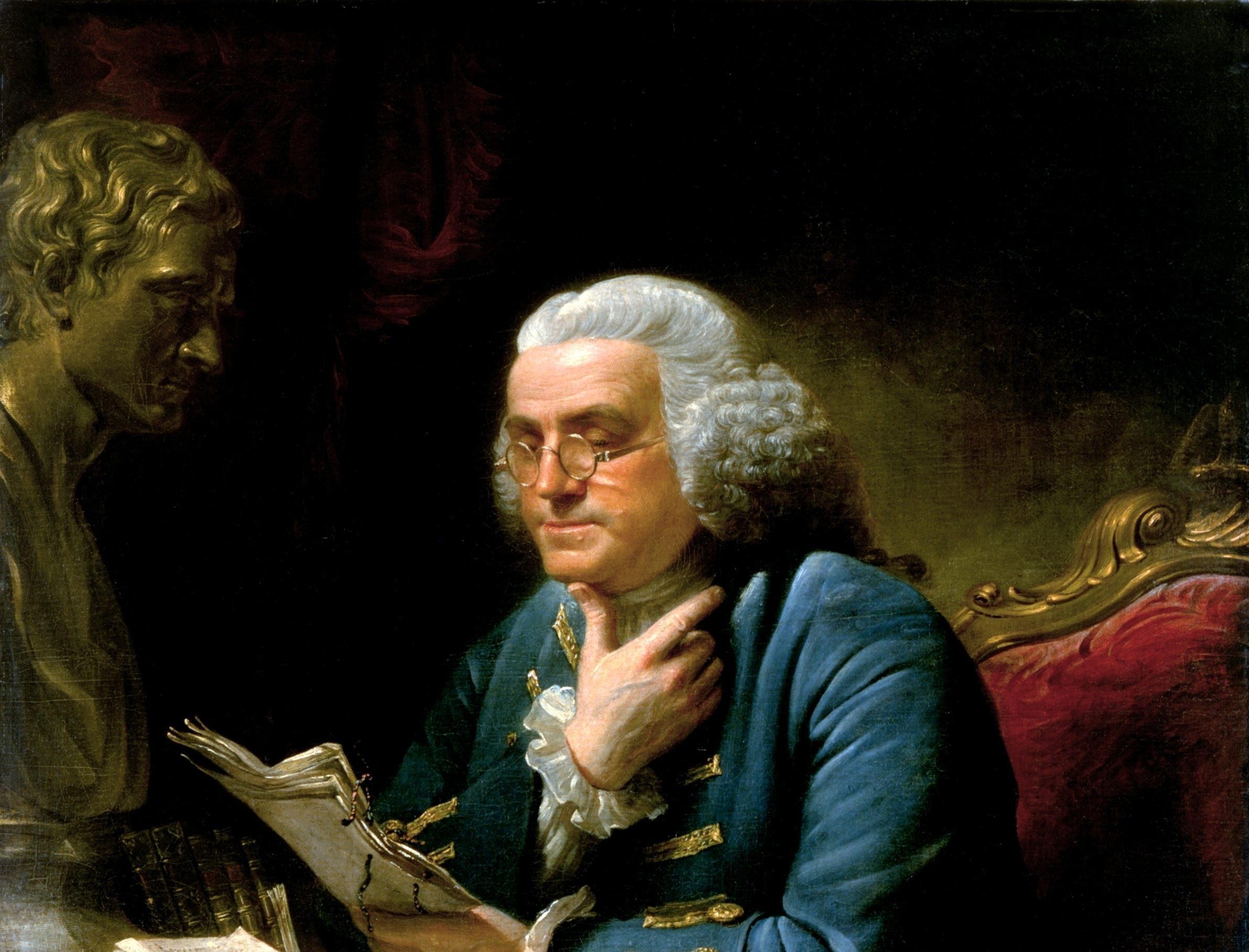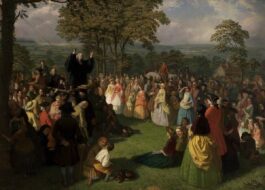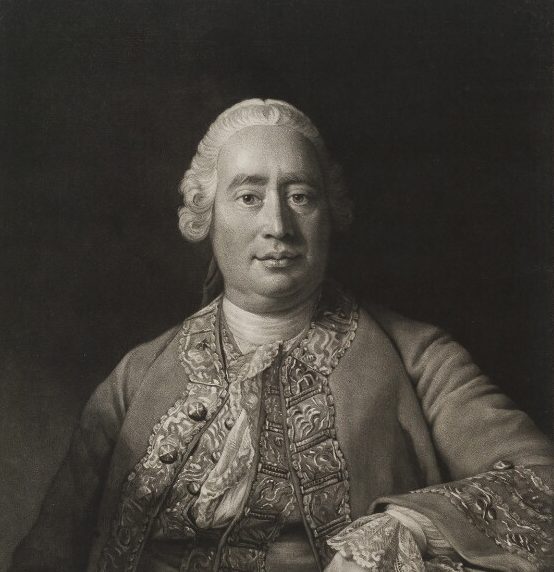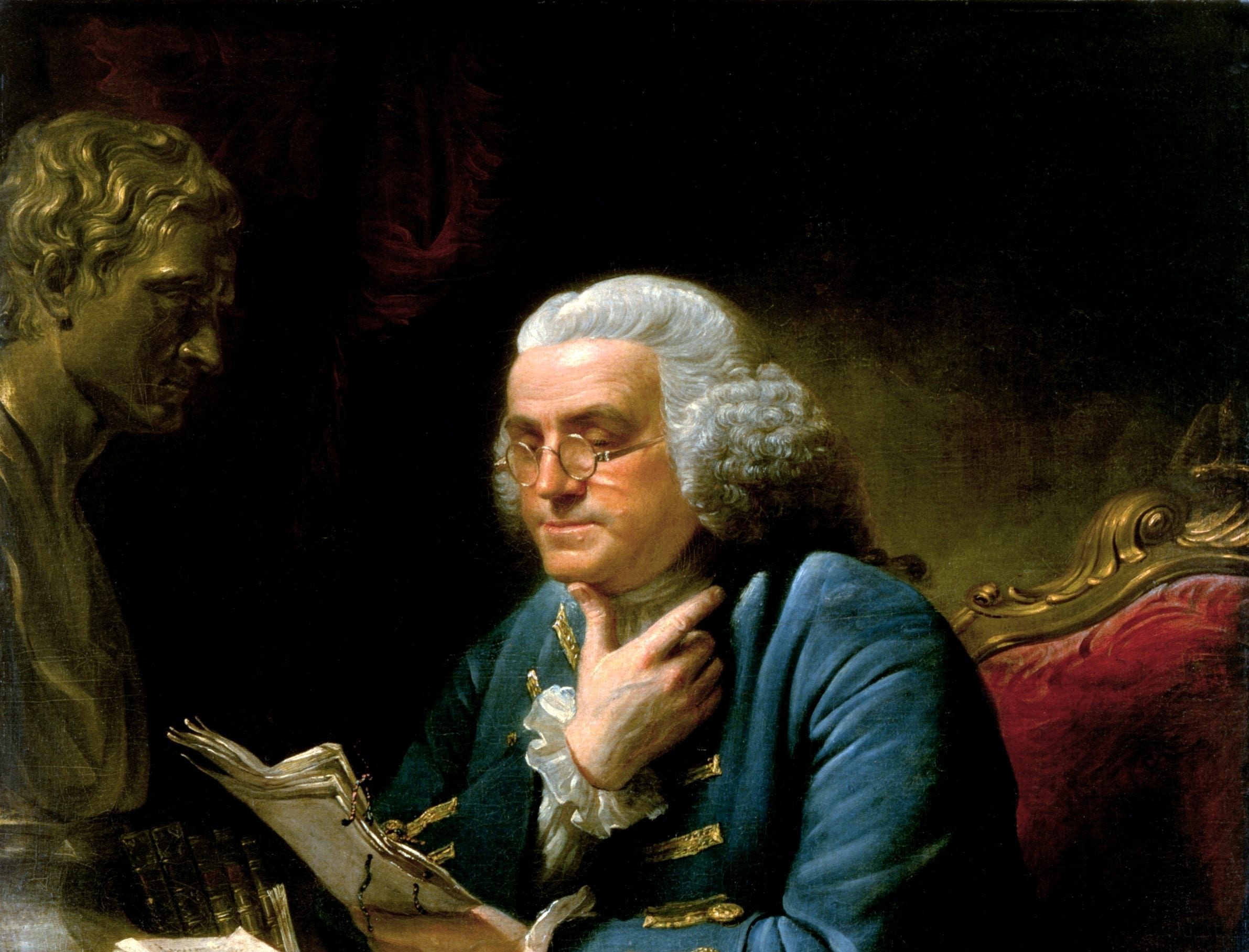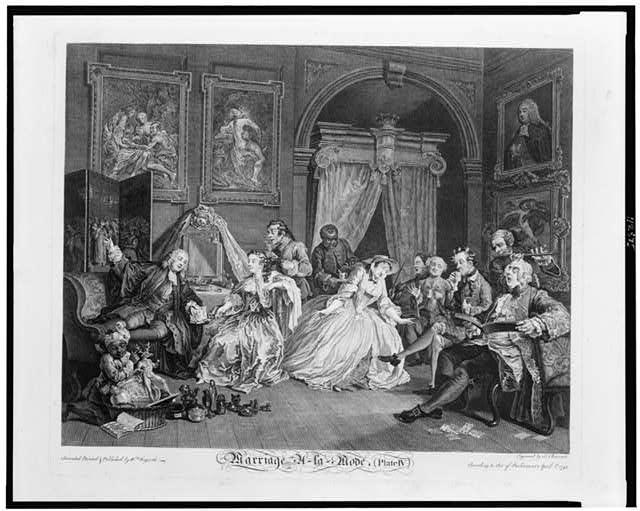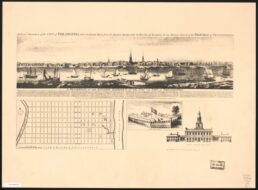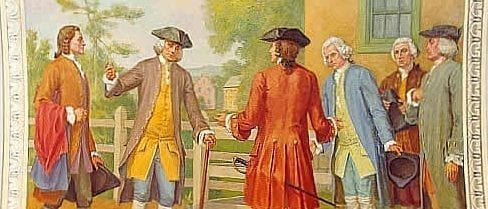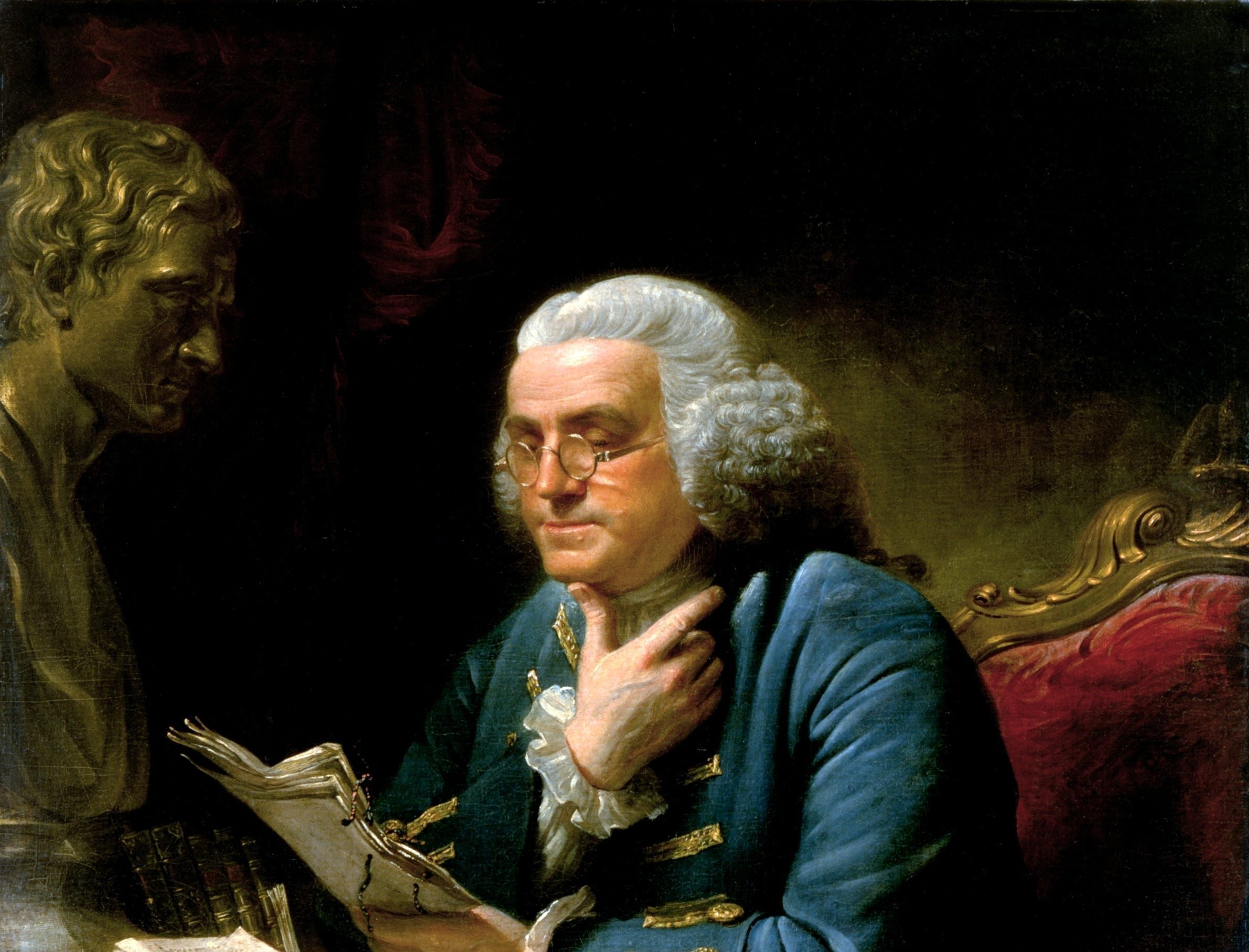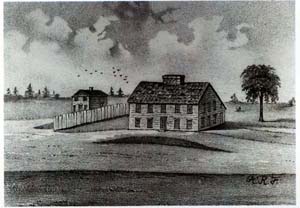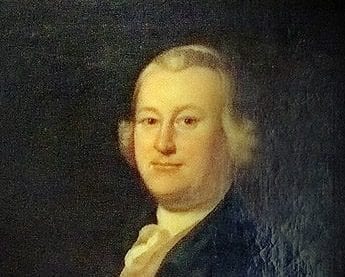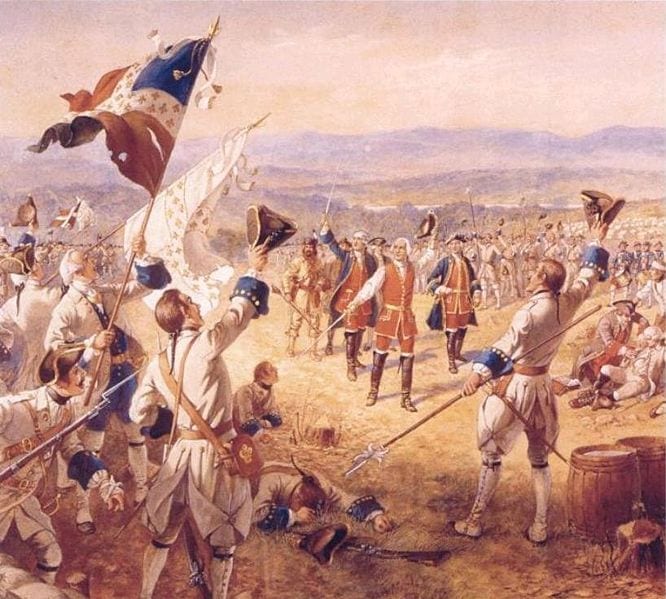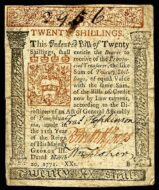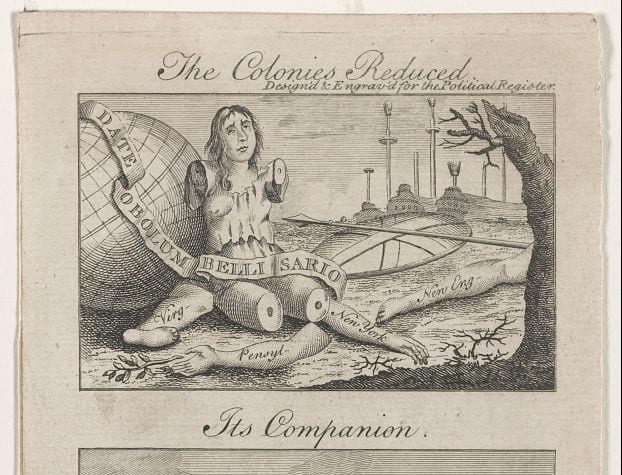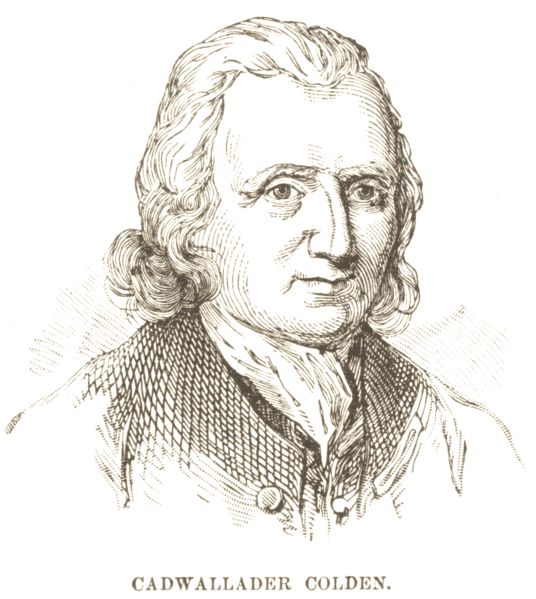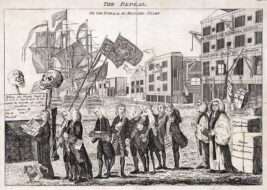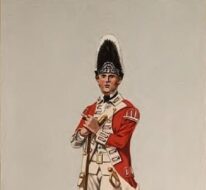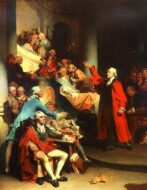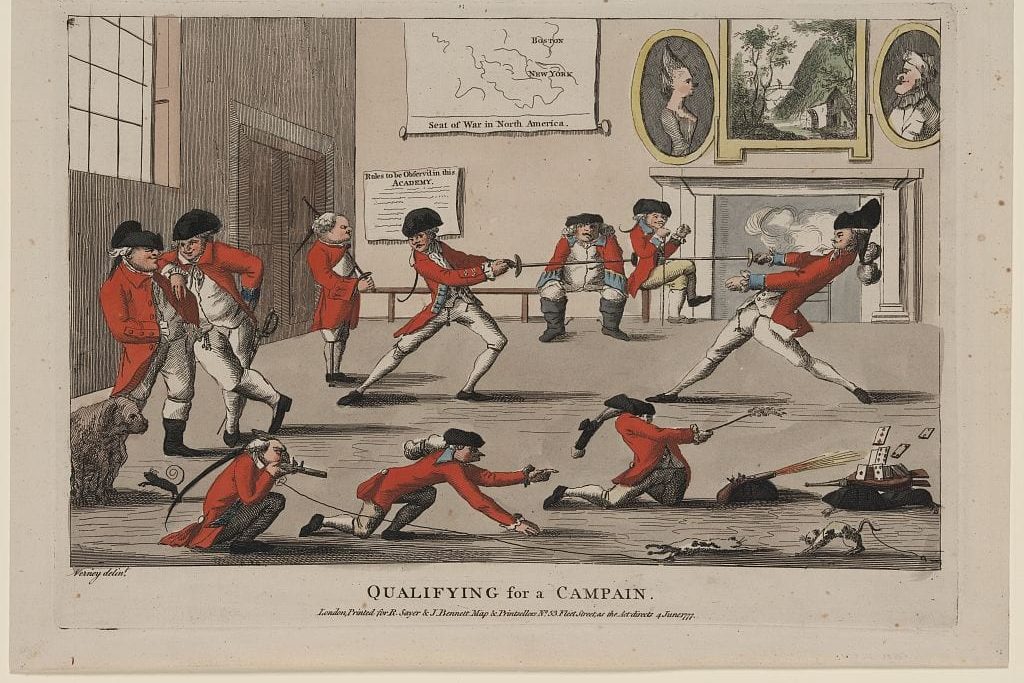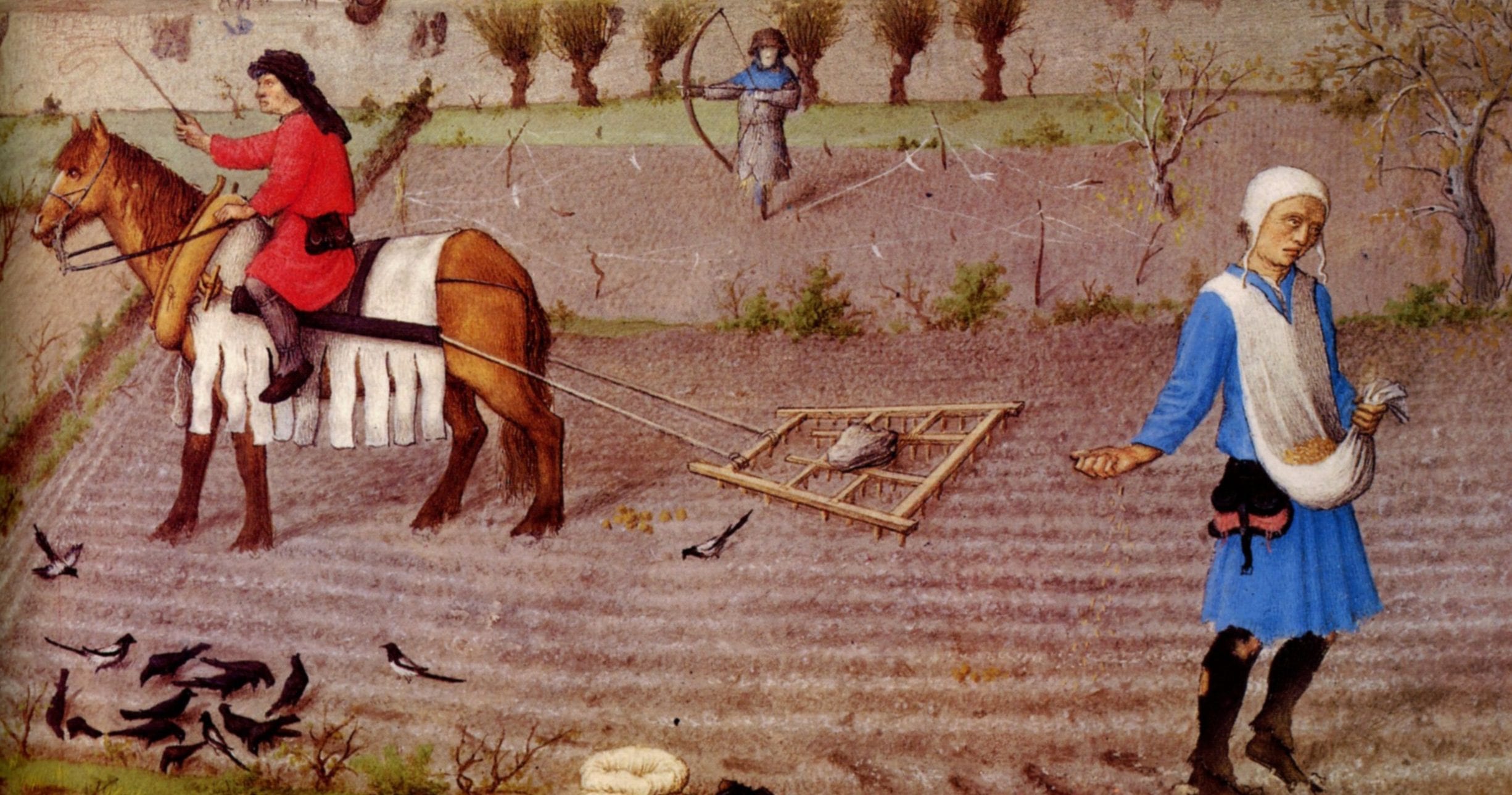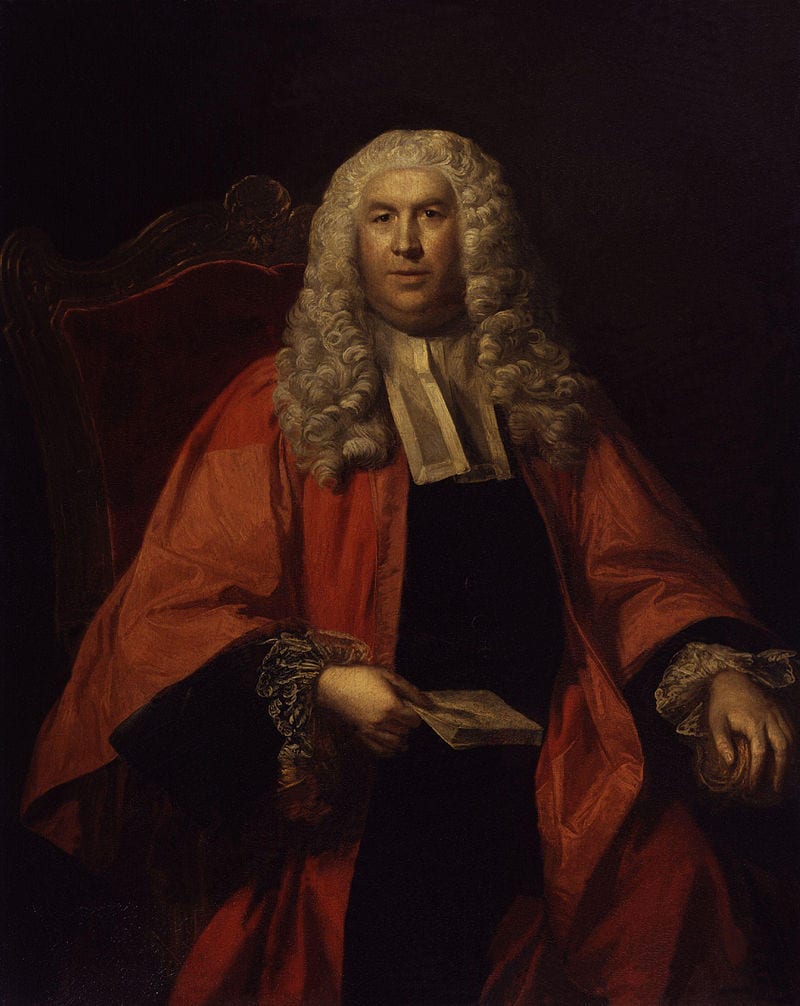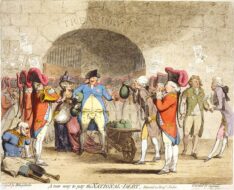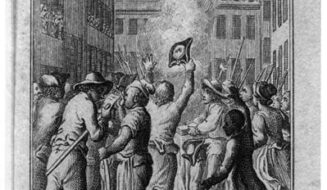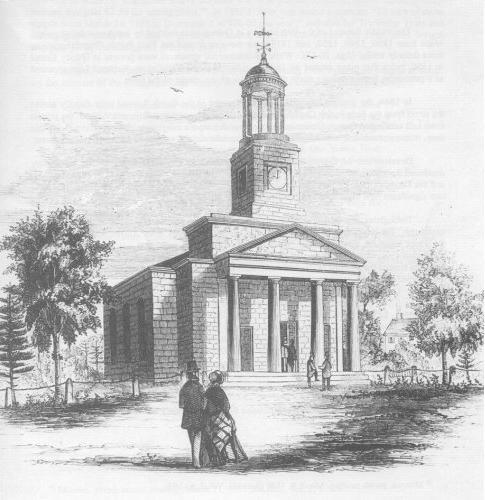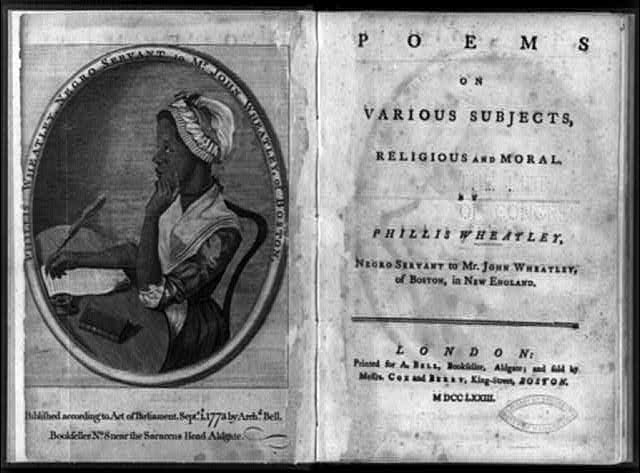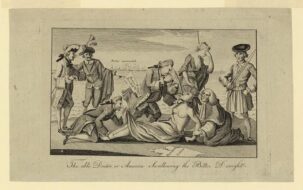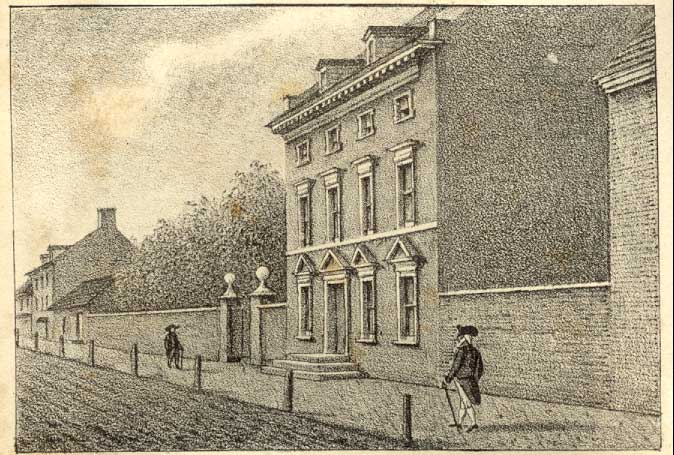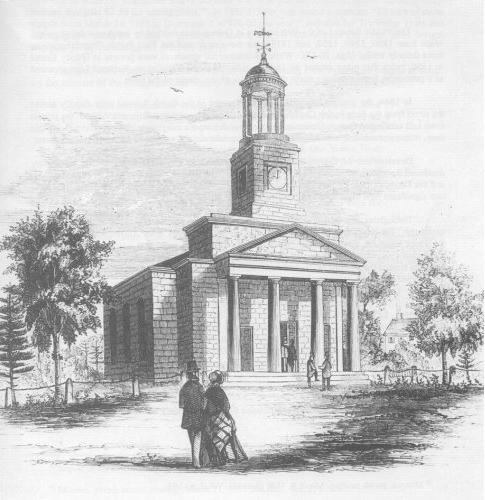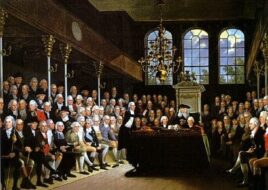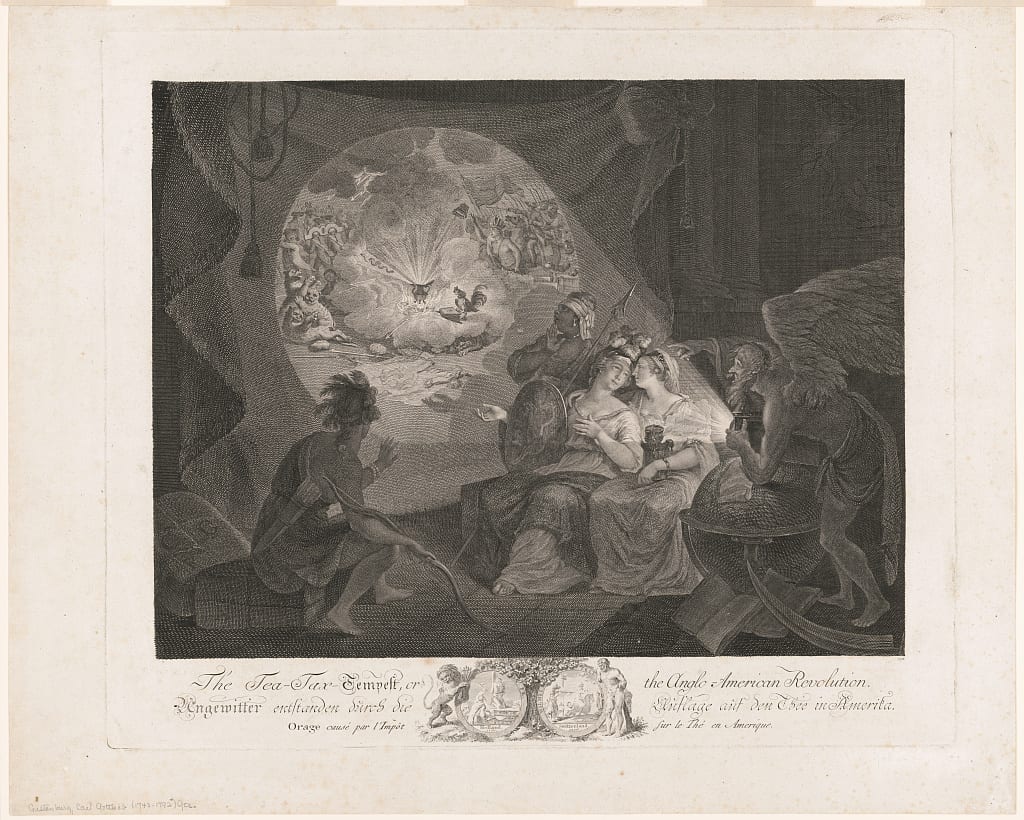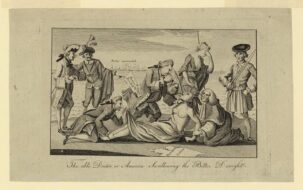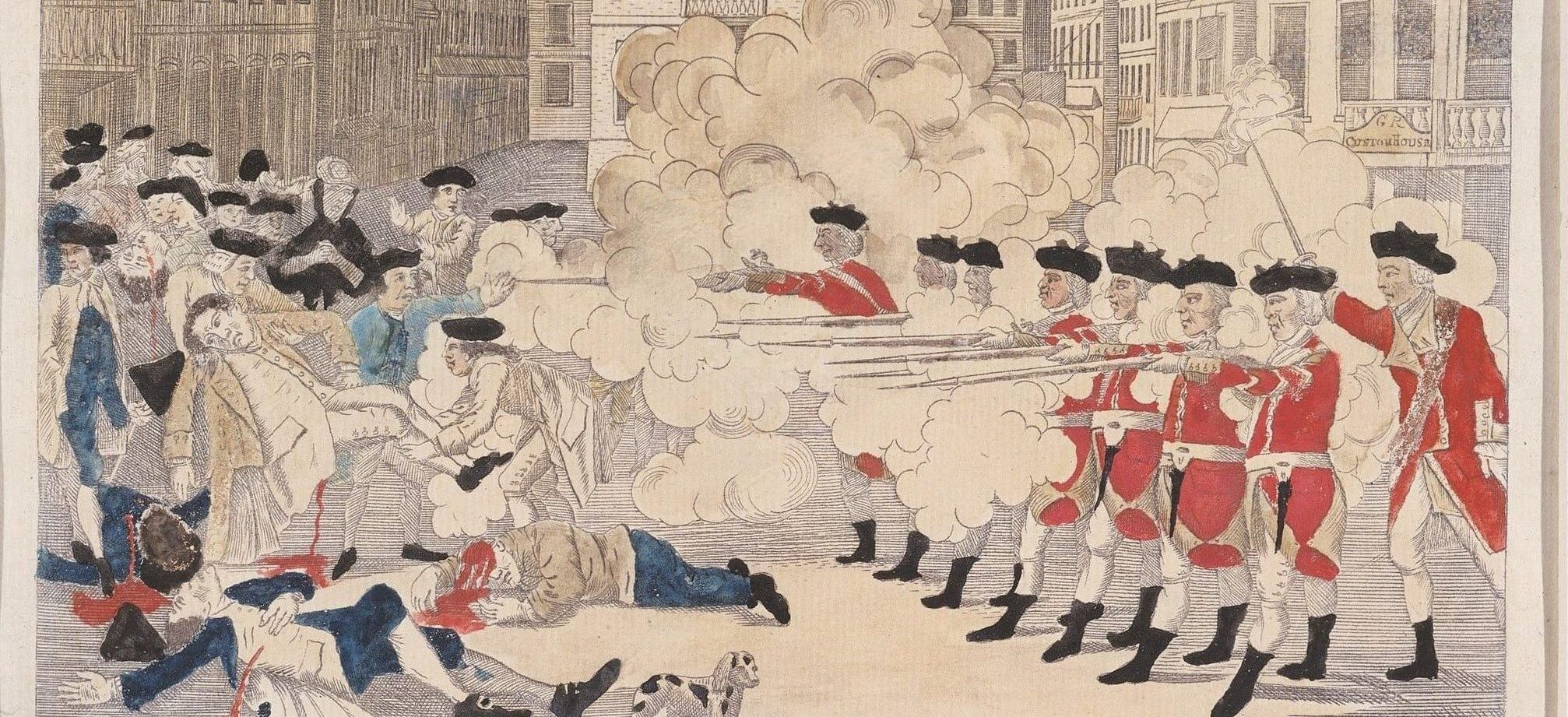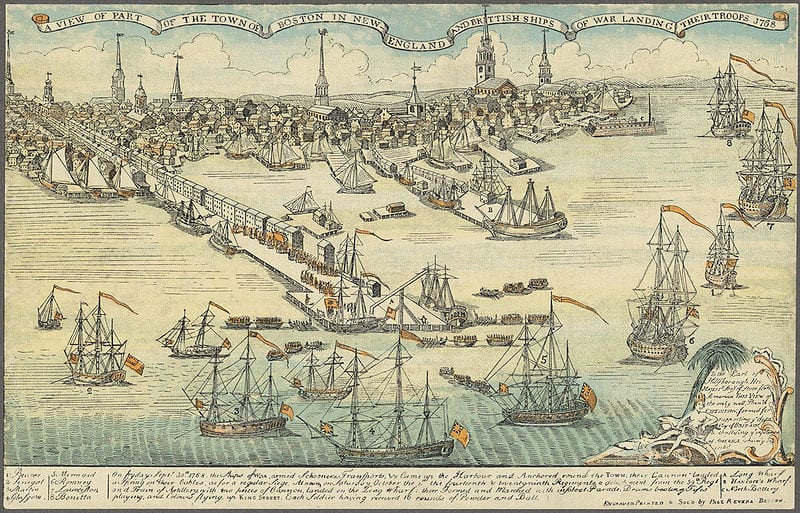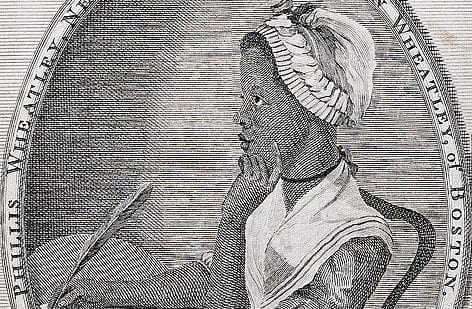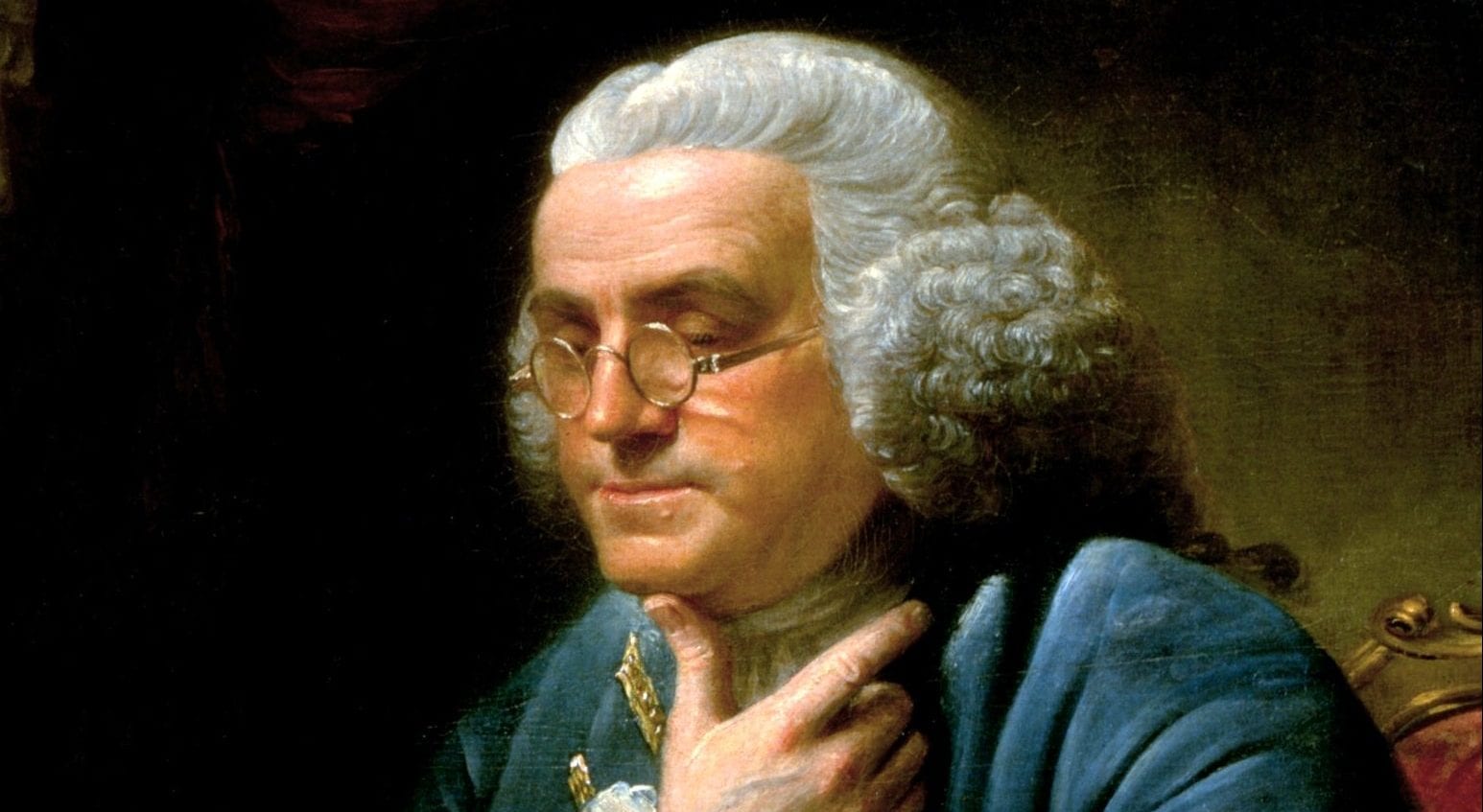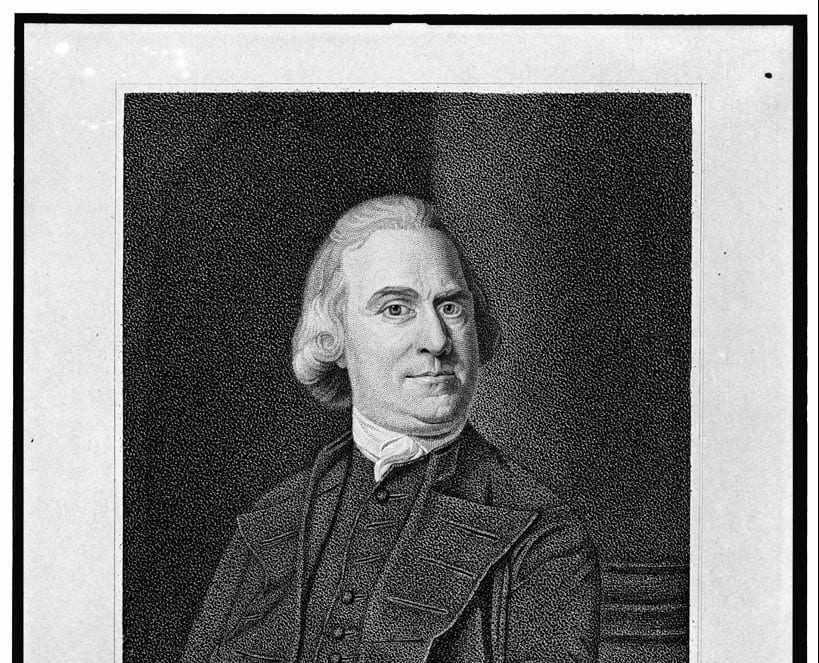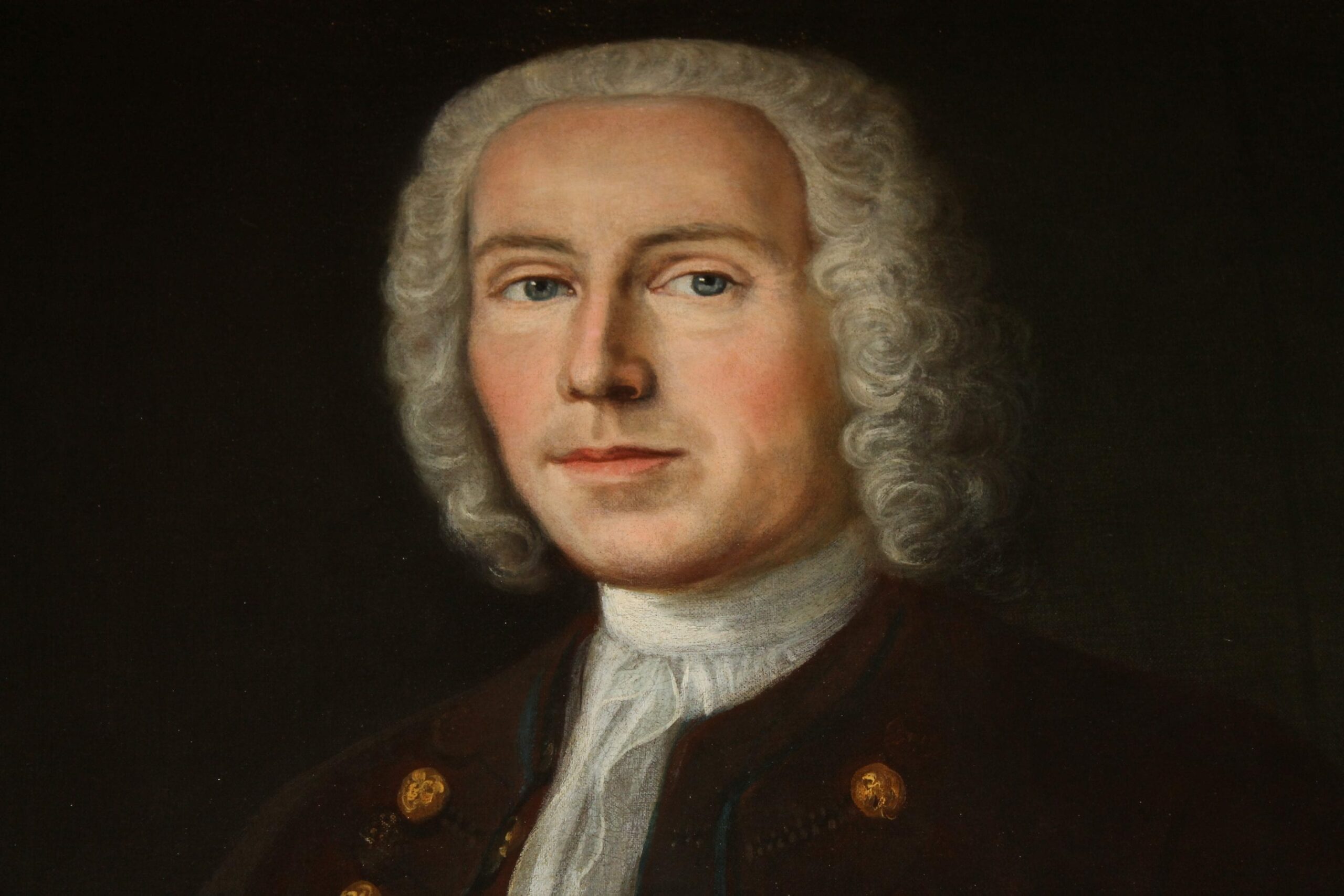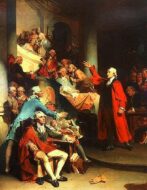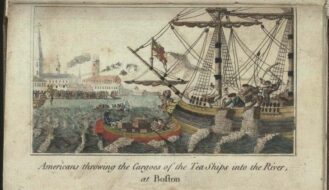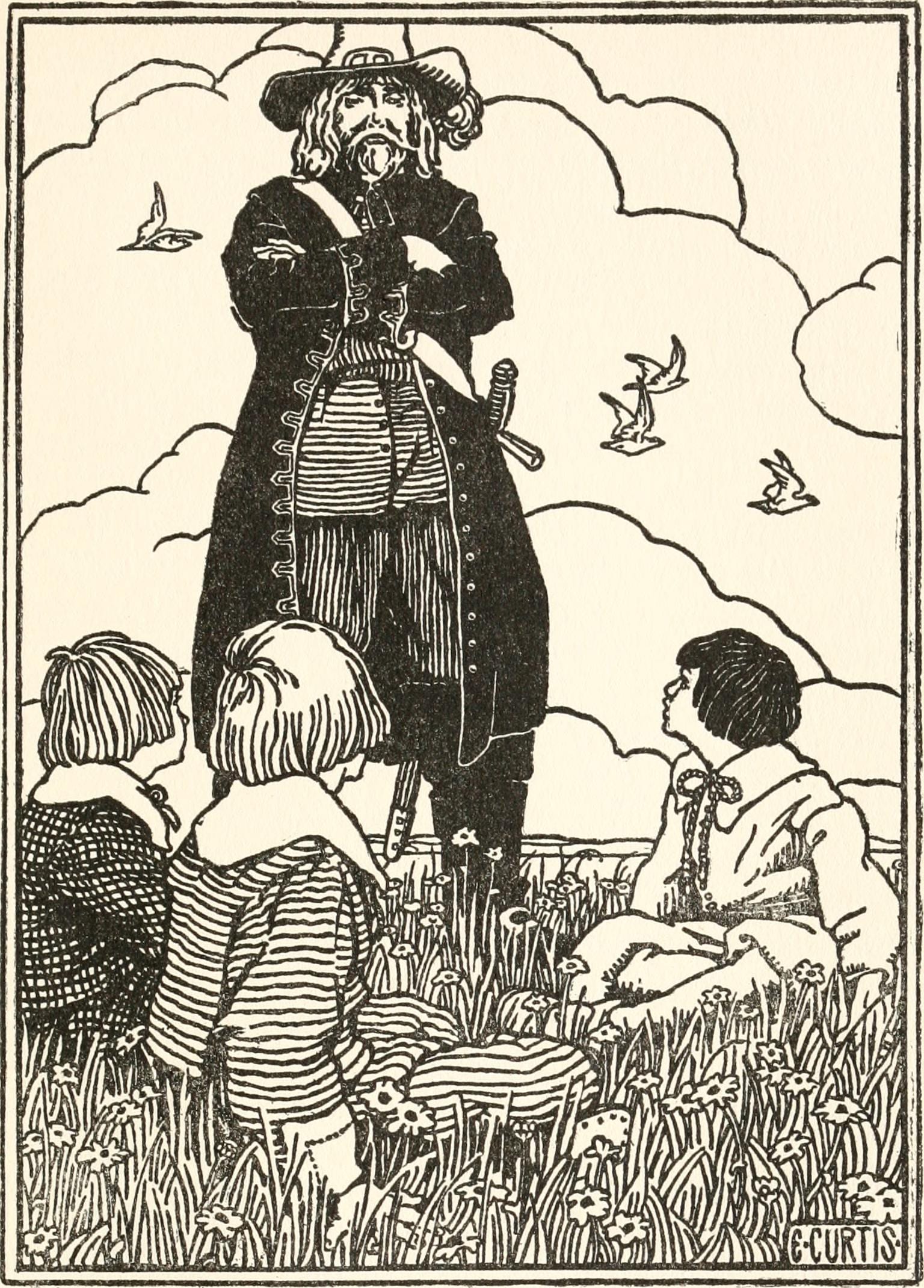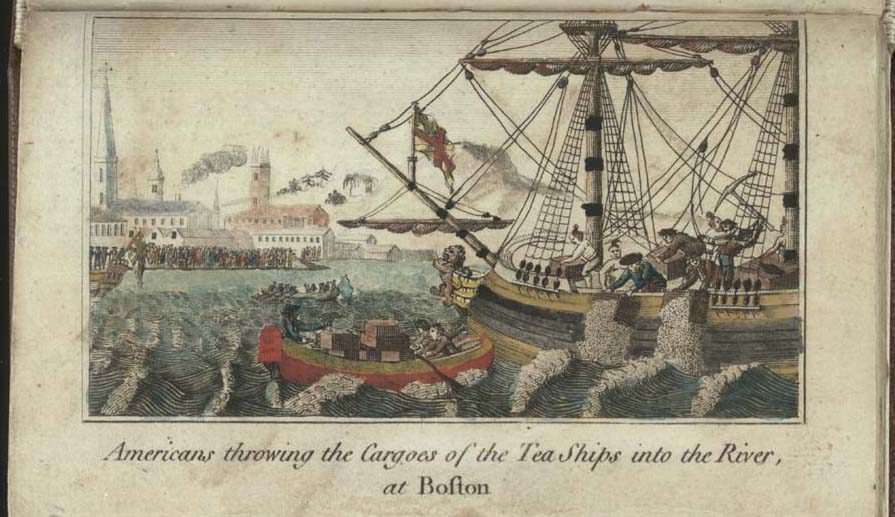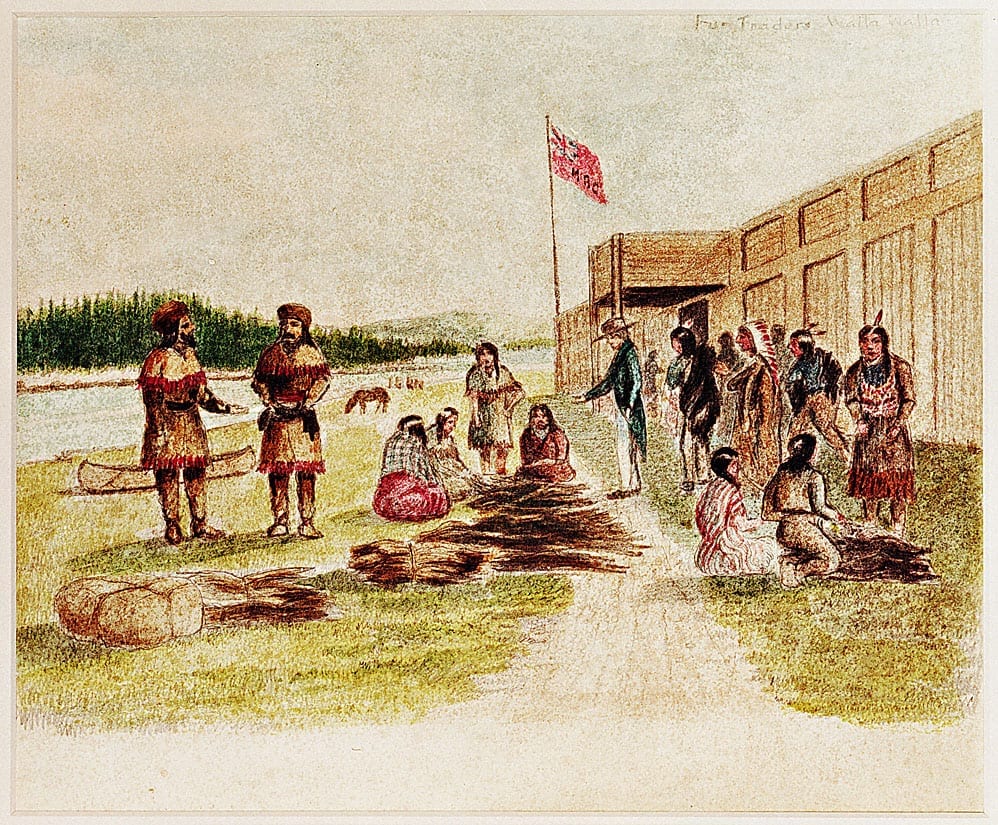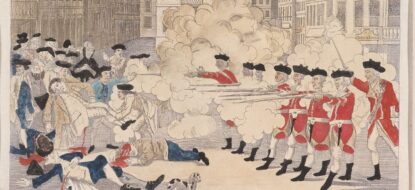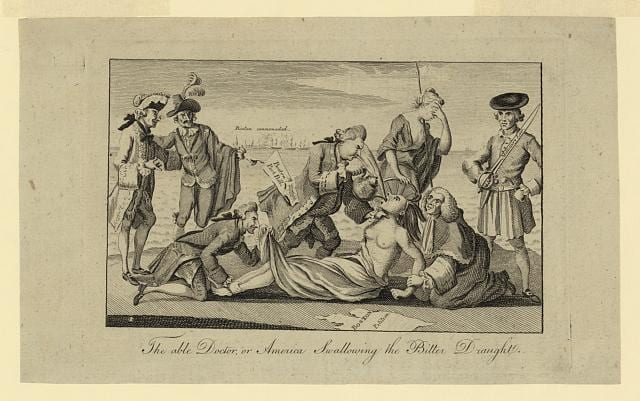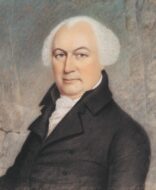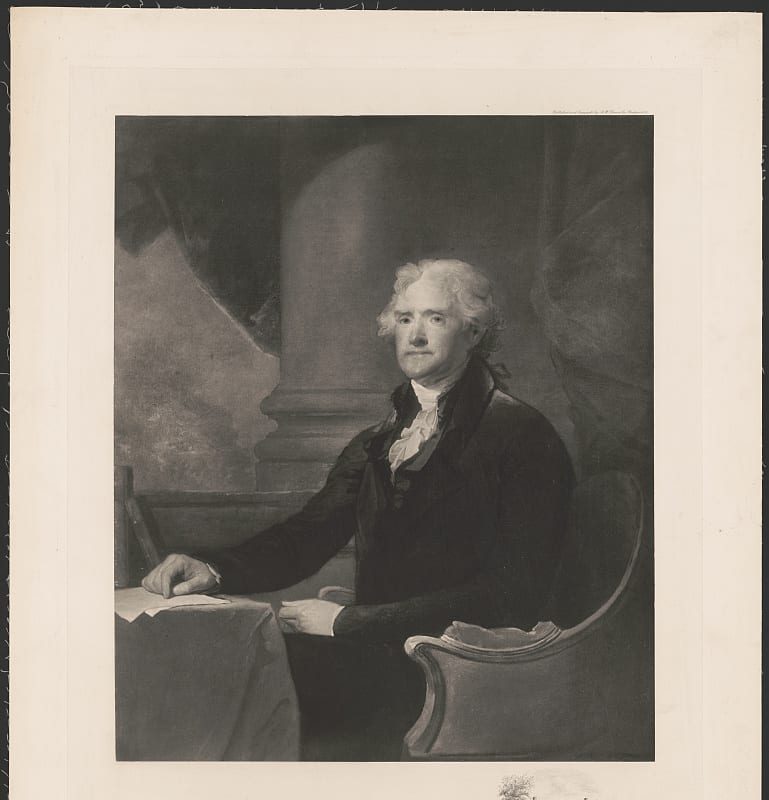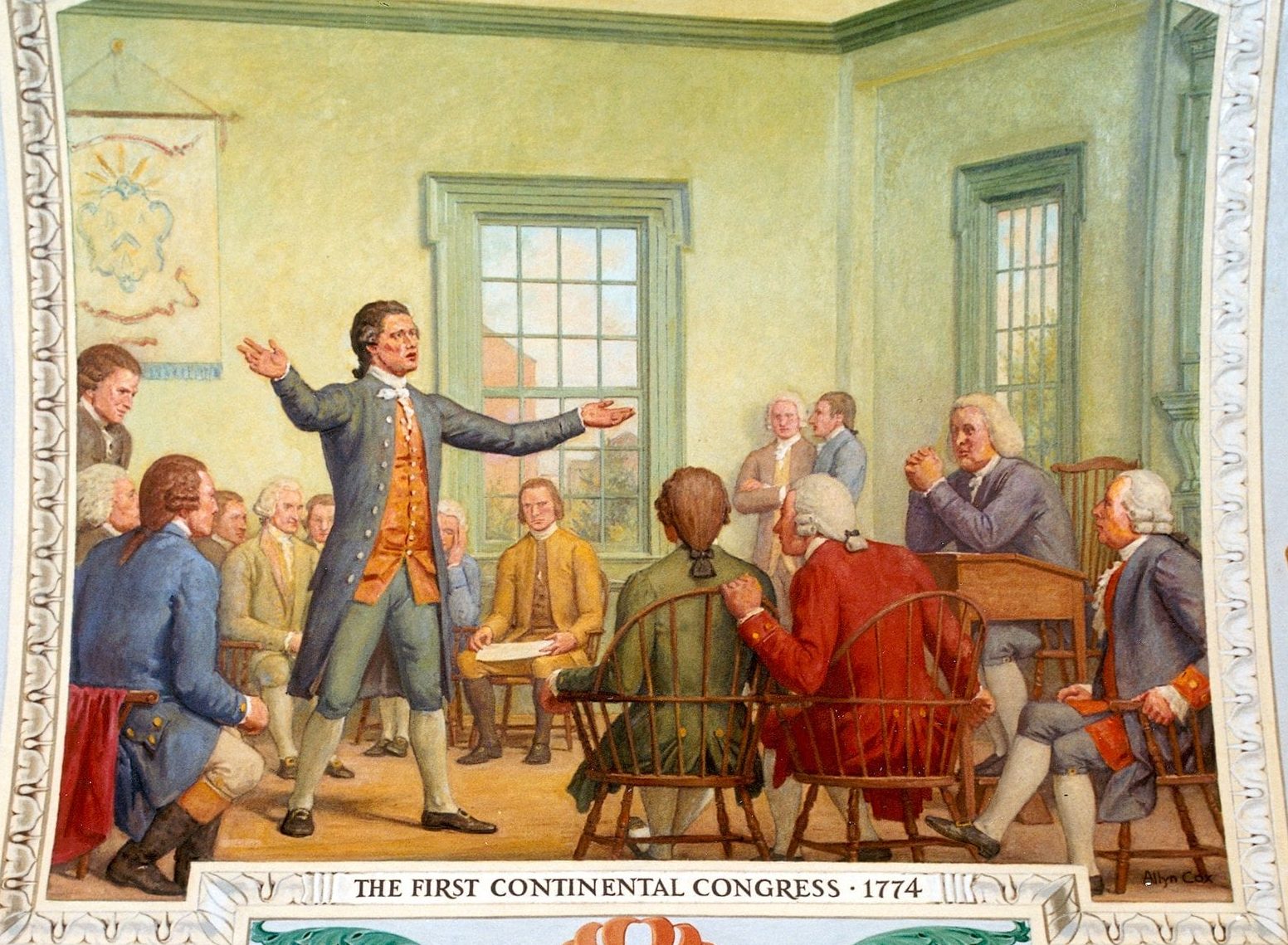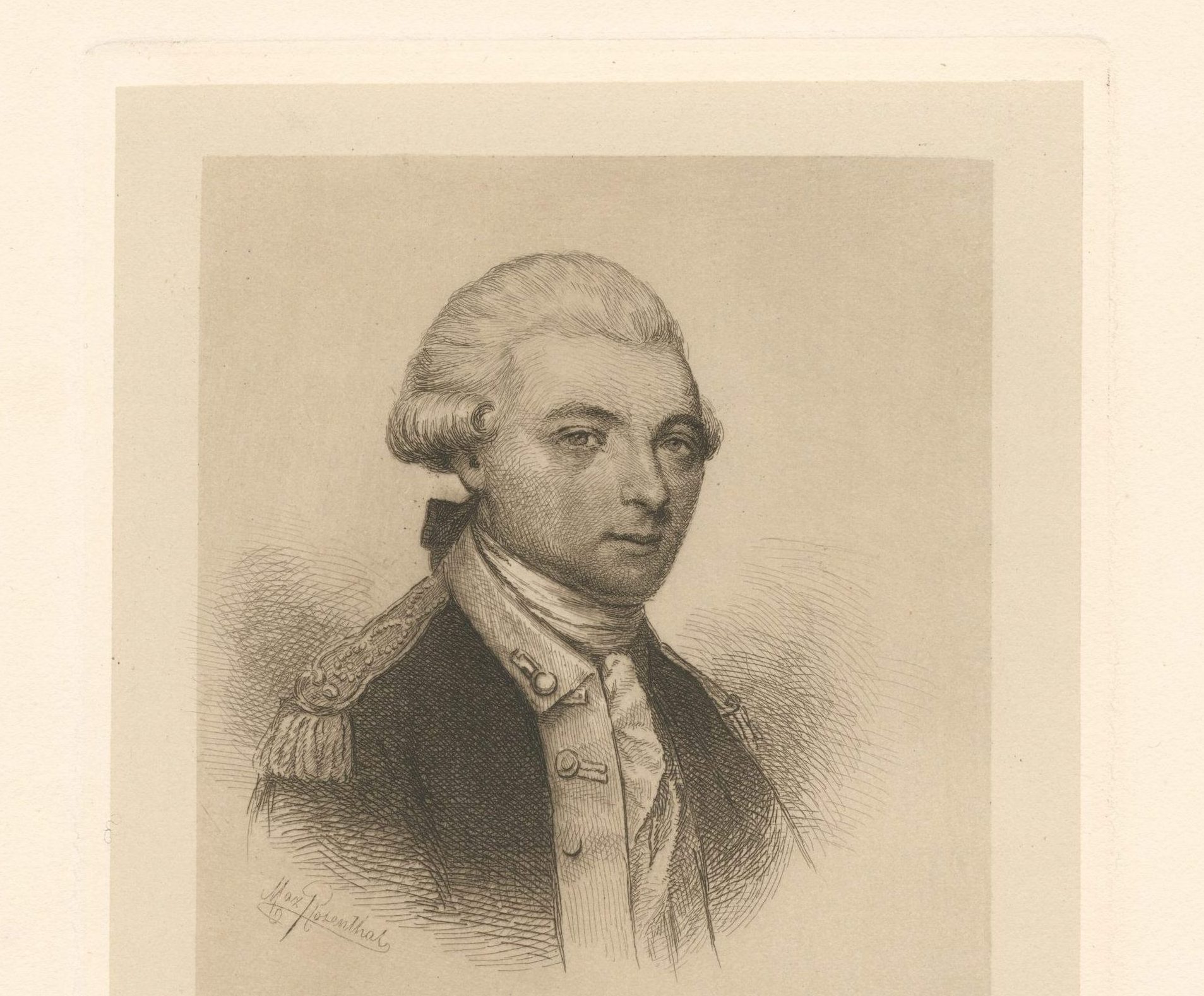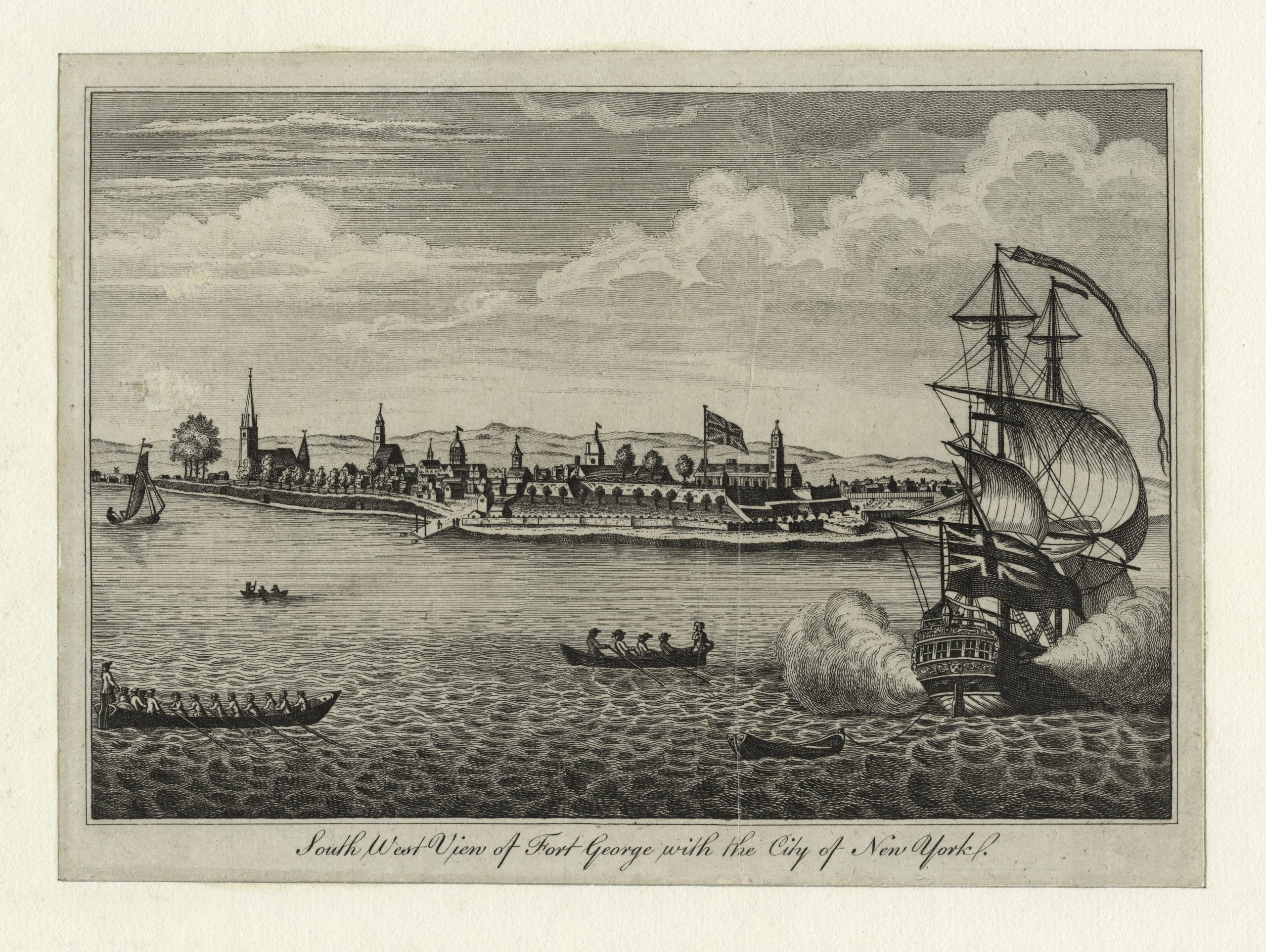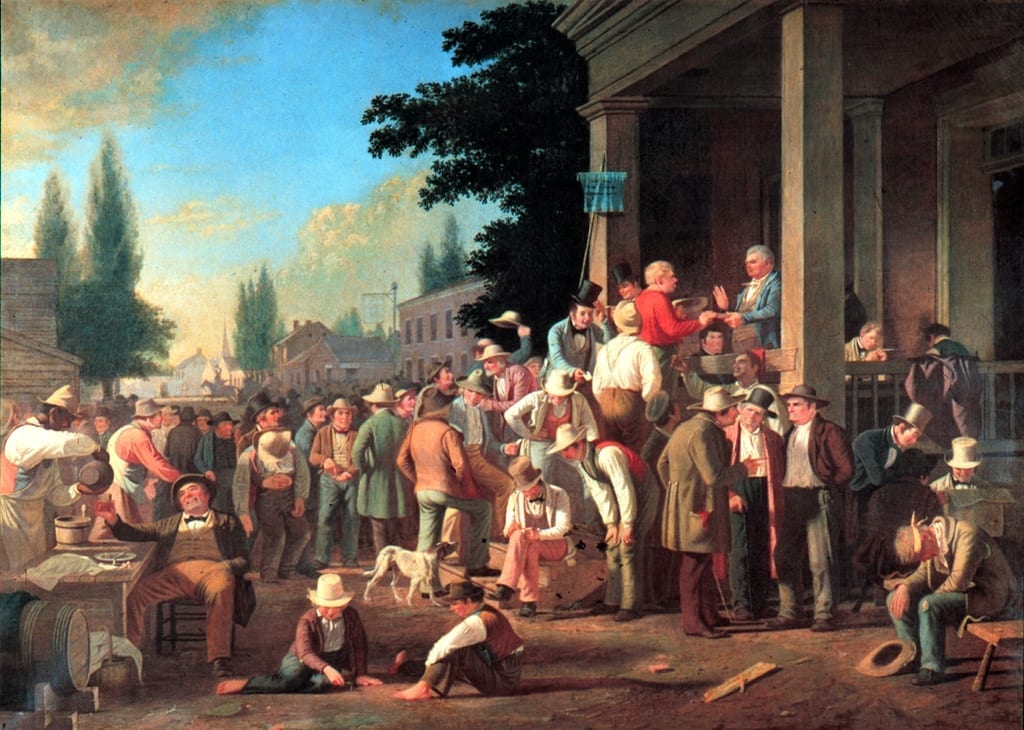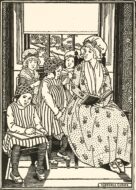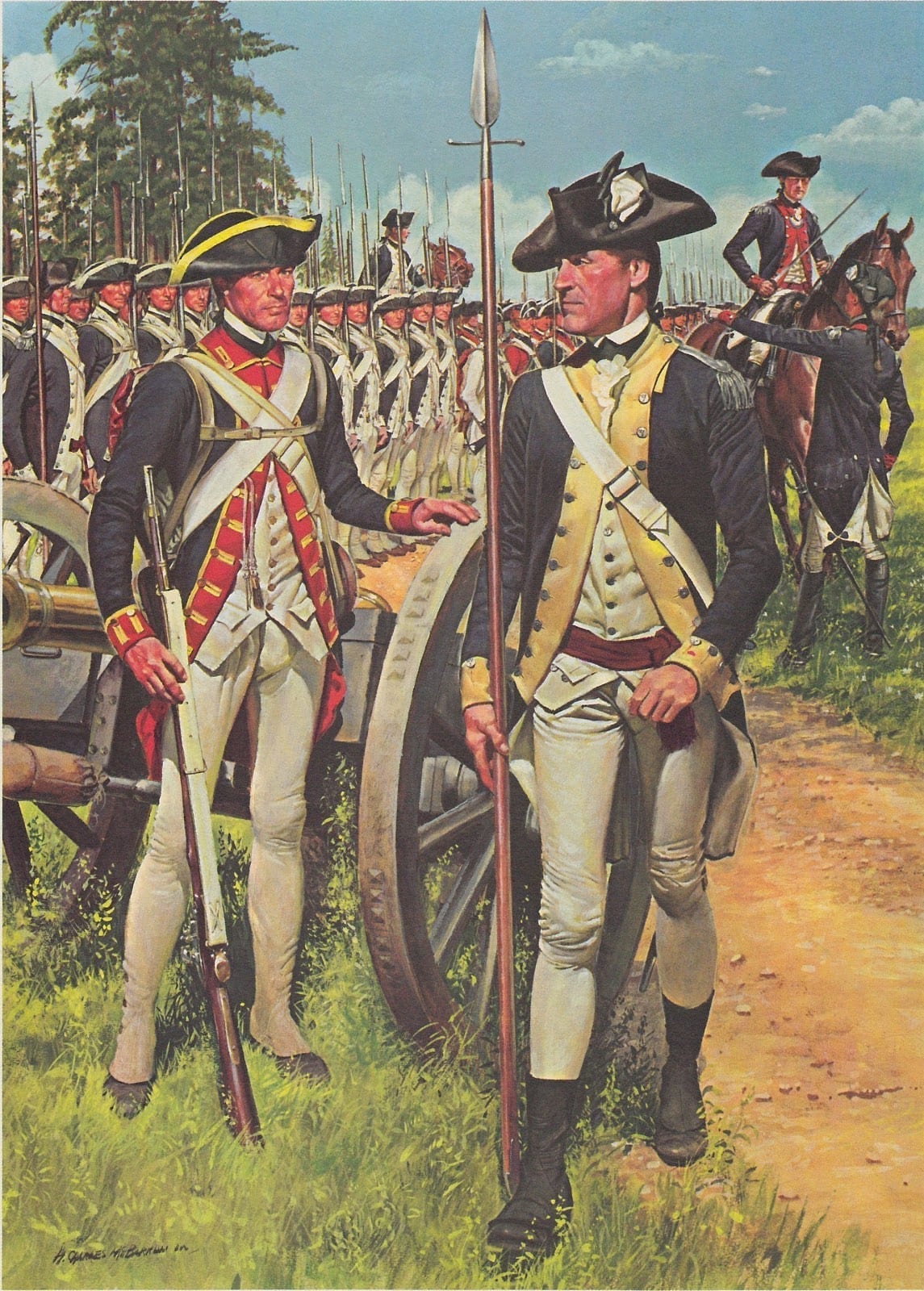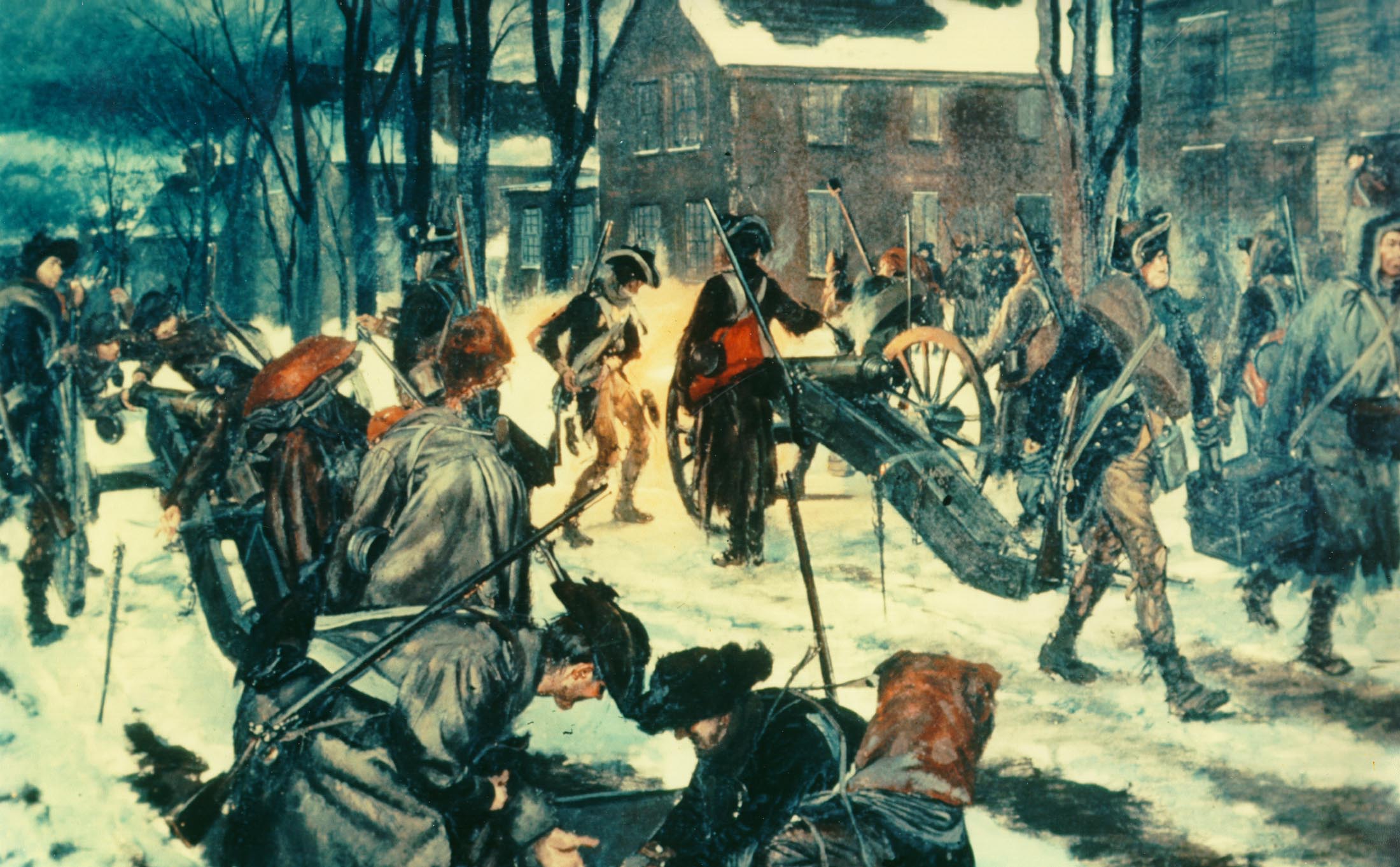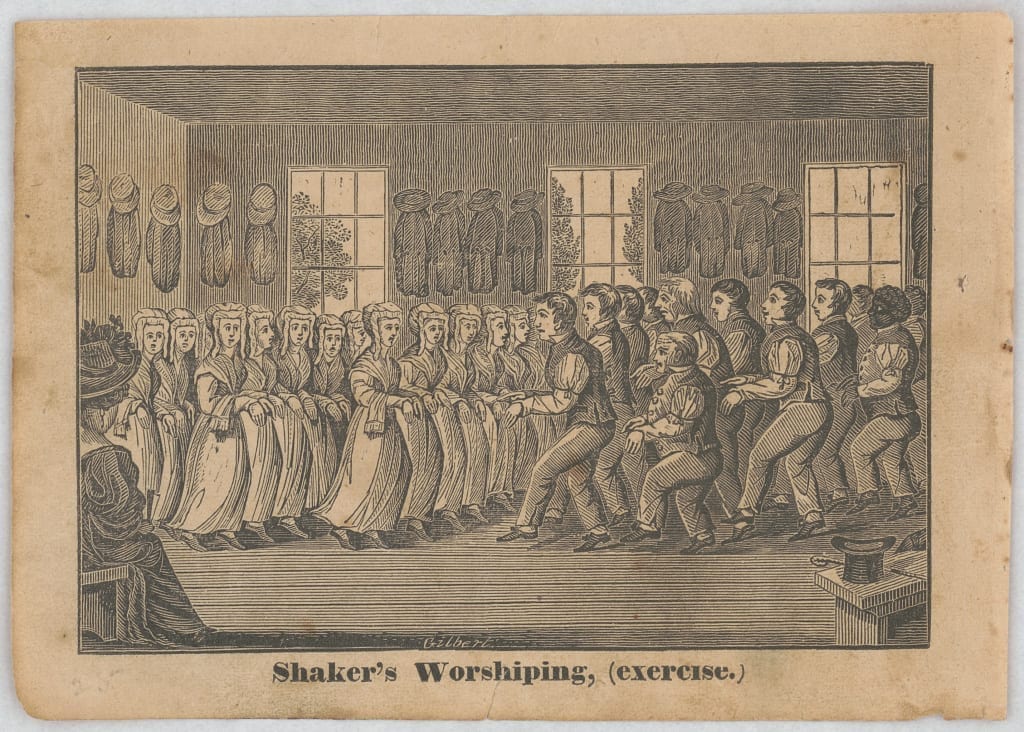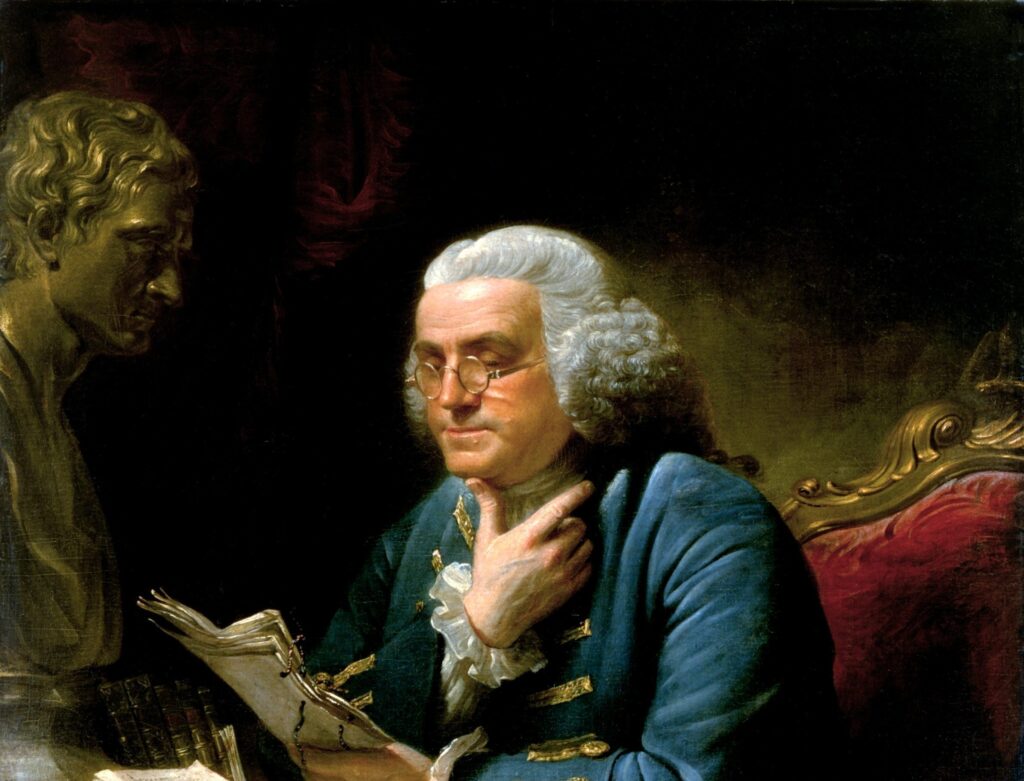
No study questions
No related resources
There is no Science, the Study of which is more useful and commendable than the Knowledge of the true Interest of one’s Country; and perhaps there is no Kind of Learning more abstruse and intricate, more difficult to acquire in any Degree of Perfection than This, and therefore none more generally neglected. Hence it is, that we every Day find Men in Conversation contending warmly on some Point in Politicks, which, altho’ it may nearly concern them both, neither of them understand any more than they do each other.
Thus much by way of Apology for this present Enquiry into the Nature and Necessity o/ a Paper Currency. And if any Thing I shall say, may be a Means of fixing a Subject that is now the chief Concern of my Countrymen, in a clearer Light, I shall have the Satisfaction of thinking my Time and Pains well employed.
To proceed, then,
There is a certain proportionate Quantity of Money requisite to carry on the Trade of a Country freely and currently; More than which would be of no Advantage in Trade, and Less, if much less, exceedingly detrimental to it.
This leads us to the following general Considerations.
First, A great Want of Money in any Trading Country, occasions Interest to be at a very high Rate. And here it may be observed, that it is impossible by any Laws to restrain Men from giving and receiving exhorbitant Interest, where Money is suitably scarce: For he that wants Money will find out Ways to give 10 per Cent. when he cannot have it for less, altho’ the Law forbids to take more than 6 per Cent. Now the Interest of Money being high is prejudicial to a Country several Ways: It makes Land bear a low Price, because few Men will lay out their Money in Land, when they can make a much greater Profit by lending it out upon Interest: And much less will Men be inclined to venture their Money at Sea, when they can, without Risque or Hazard, have a great and certain Profit by keeping it at home; thus Trade is discouraged. And if in two Neighbouring Countries the Traders of one, by Reason of a greater Plenty of Money, can borrow it to trade with at a lower Rate than the Traders of the other, they will infallibly have the Advantage, and get the greatest Part of that Trade into their own Hands; For he that trades with Money he hath borrowed at 8 or 10 per Cent. cannot hold Market with him that borrows his Money at 6 or 4. — On the contrary, A plentiful Currency will occasion Interest to be low: And this will be an Inducement to many to lay out their Money in Lands, rather than put it out to Use, by which means Land will begin to rise in Value and bear a better Price: And at the same Time it will tend to enliven Trade exceedingly, because People will find more Profit in employing their Money that Way than in Usury; and many that understand Business very well, but have not a Stock sufficient of their own, will be encouraged to borrow Money; to trade with, when they can have it at a moderate Interest.
Secondly, Want of Money in a Country reduces the Price of that Part of its Produce which is used in Trade: Because Trade being discouraged by it as above, there is a much less Demand for that Produce. And this is another Reason why Land in such a Case will be low, especially where the Staple Commodity of the Country is the immediate Produce of the Land, because that Produce being low, fewer People find an Advantage in Husbandry, or the Improvement of Land. — On the contrary, A Plentiful Currency will occasion the Trading Produce to bear a good Price: Because Trade being encouraged and advanced by it, there will be a much greater Demand for that Produce; which will be a great Encouragement of Husbandry and Tillage, and consequently make Land more valuable, for that many People would apply themselves to Husbandry, who probably might otherwise have sought some more profitable Employment.
As we have already experienced how much the Increase of our Currency by what Paper Money has been made, has encouraged our Trade; particularly to instance only in one Article, Ship-Building; it may not be amiss to observe under this Head, what a great Advantage it must be to us as a Trading Country, that has Workmen and all the Materials proper for that Business within itself, to have Ship-Building as much as possible advanced: For every Ship that is built here for the English Merchants, gains the Province her clear Value in Gold and Silver, which must otherwise have been sent Home for Returns in her Stead; and likewise, every Ship built in and belonging to the Province, not only saves the Province her first Cost, but all the Freight, Wages and Provisions she ever makes or requires as long as she lasts… Now as Trade in general will decline where there is not a plentiful Currency, so Ship-Building must certainly of Consequence decline where Trade is declining.
Thirdly, Want of Money in a Country discourages Lab0uring and Handicrafts Men (which are the chief Strength and Support of a People) from coming to settle in it, and induces many that were settled to leave the Country, and seek Entertainment and Employment in other Places, where they can be better paid. For what can be more disheartning to an industrious labouring Man, than this, that after he hath earned his Bread with the Sweat of his Brows, he must spend as much Time, and have near as much Fatigue in getting it, as he had to earn it. And nothing makes more bad Paymasters than a general Scarcity of Money. And here again is a Third Reason for Land’s bearing a low Price in such a Country, because Land always increases in Value in Proportion with the Increase of the People settling on it, there being so many more Buyers; and its Value will infallibly be diminished, if the Number of its Inhabitants diminish. — On the contrary, A Plentiful Currency will encourage great Numbers of Labouring and Handicrafts Men to come and Settle in the Country, by the same Reason that a Want of it will discourage and drive them out. Now the more Inhabitants, the greater Demand for Land (as is said above) upon which it must necessarily rise in Value, and bear a better Price. The same may be said of the Value of House-Rent, which will be advanced for the same Reasons; and by the Increase of Trade and Riches People will be enabled to pay greater Rents. Now the Value of House-Rent rising, and Interest becoming low, many that in a Scarcity of Money practised Usury, will probably be more inclined to Building; which will likewise sensibly enliven Business in any Place; it being an Advantage not only to Brickmakers, Bricklayers, Masons, Carpenters, Joiners, Glaziers, and several other Trades immediately employ’d by Building, but likewise to Farmers, Brewers, Bakers, Taylors, Shoemakers, Shopkeepers, and in short to every one that they lay their Money out with.
Fourthly, Want of Money in such a Country as ours, occasions a greater Consumption of English and European Goods, in Proportion to the Number of the People, than there would otherwise be. Because Merchants and Tradeers by whom abundance of Artificers and labouring Men are employed, finding their other Affairs require what Money they can get into their hands, oblige those who work for them to take one half, or perhaps two thirds Goods in Pay. By this Means a greater Quantity of Goods are disposed of, and to a greater Value; because Working Men and their Families are thereby induced to be more profuse and extravagant in fine Apparel and the like, than they would be if they were obliged to pay ready Money for such Things after they had earn’d and received it, or if such Goods were not imposed upon them, of which they can make no other Use… As A plentiful Currency will occasion a less Consumption of European Goods, in Proportion to the Number of the People, so it will be a means of making the Balance of our Trade more equal than it now is, if it does not give it in our Favour because our own Produce will be encouraged at the same Time. And it is to be observed, that tho’ less Foreign Commodities are consumed in Proportion to the Number of People, yet this will be no Disadvantage to the Merchant, because the Number of People increasing, will occasion an increasing Demand of more Foreign Goods in the Whole.
Thus we have seen some of the many heavy Disadvantages a Country (especially such a Country as ours) must labour under, when it has not a sufficient Stock of running Cash to manage its Trade currently. And we have likewise seen some of the Advantages which accrue from having Money sufficient, or a Plentiful Currency.
The foregoing Paragraphs being well considered, we shall naturally be led to draw the following Condusions with Regard to what Persons will probably be for or against Emitting a large Additional Sum of Paper Bills in this Province.
- Since Men will always be powerfully influenced in their Opinions and Actions by what appears to be their particular Interest: Therefore all those, who wanting Courage to venture in Trade, now practise Lending Money on Security for exhorbitant Interest, which in a Scarcity of Money will be done notwithstanding the Law, I say all such will probably be against a large Addition to our present Stock of Paper-Money; because a plentiful Currency will lower Interest, and make it common to lend on less Security.
- All those who are Possessors of large Sums of Money, and are disposed to purchase Land, which is attended with a great and sure Advantage in a growing Country as this is; I say, the Interest of all such Men will encline them to oppose a large Addition to our Money. Because their Wealth is now continually increasing by the large Interest they receive, which will enable them (if they can keep Land from rising) to purchase More some time hence than they can at present; and in the mean time all Trade being discouraged, not only those who borrow of them, but the Common People in general will be impoverished, and consequently obliged to sell More Land for less Money than they will do at present. And yet, after such Men are possessed of as much Land as they can purchase, it will then be their Interest to have Money made Plentiful, because that will immediately make Land rise in Value in their Hands. Now it ought not to be wonder’d at, if People from the Knowledge of a Man’s Interest do sometimes make a true Guess at his Designs; for, Interest, they say, will not Lie.
- Lawyers, and others concerned in Court Business, will probably many of them be against a plentiful Currency; because People in that Case will have less Occasion to run in Debt, and consequently less Occasion to go to Law and Sue one another for their Debts. Tho’ I know some even among these Gentlemen, that regard the Publick Good before their own apparent private Interest.
- All those who are any way Dependants on such Persons as are above mentioned, whether as holding Offices, as Tenants, or as Debtors, must at least appear to be against a large Addition; because if they do not, they must sensibly feel their present Interest hurt. And besides these, there are, doubtless, many well-meaning Gentlemen and Others, who, without any immediate private Interest of their own in View, are against making such an Addition, thro’ an Opinion they may have of the Honesty and sound Judgment of some of their Friends that oppose it, (perhaps for the Ends aforesaid), without having given it any thorough Consideration themselves. And thus it is no Wonder if there is a powerful Party on that Side.
On the other Hand, Those who are Lovers of Trade, and delight to see Manufactures encouraged, will be for having a large Addition to our Currency: For they very well know, that People will have little Heart to advance Money in Trade, when what they can get is scarce sufficient to purchase Necessaries, and supply their Families with Provision. Much less will they lay it out in advancing new Manufactures; nor is it possible new Manufactures should turn to any Account, where there is not Money to pay the Workmen, who are discouraged by being paid in Goods, because it is a great Disadvantage to them…
And since a Plentiful Currency will be so great a Cause of advancing this Province in Trade and Riches, and increasing the Number of its People; which, tho’ it will not sensibly lessen the Inhabitants of Great Britain, will occasion a much greater Vent and Demand for their Commodities here; and allowing that the Crown is the more powerful for its Subjects increasing in Wealth and Number, I cannot think it the Interest of England to oppose’ us in making as great a Sum of Paper Money here, as we, who are the best Judges of our own Necessities, find convenient. And if I were not sensible that the Gentlemen of Trade in England, to whom we have already parted with our Silver and Gold, are misinformed of our Circumstances, and therefore endeavour to have our Currency stinted to what it now is, I should think the Government at Home had some Reasons for discouraging and impoverishing this Province, which we are not acquainted with…

Conversation-based seminars for collegial PD, one-day and multi-day seminars, graduate credit seminars (MA degree), online and in-person.
